
Be Creative with this Marketing Copy
Here's some messaging we want some creative thinking around. Expand on the messages and create a UI with good information design.

Here's some messaging we want some creative thinking around. Expand on the messages and create a UI with good information design.

Enhance our content through a new collection of sources, including books, people, events, lectures, media, meetings, reports, source extracts, ugc communities, and more.

Specifications are too large to use as prompts. Prompts are missing the larger context. Resolve the two by using both a Prompt and a Specification.
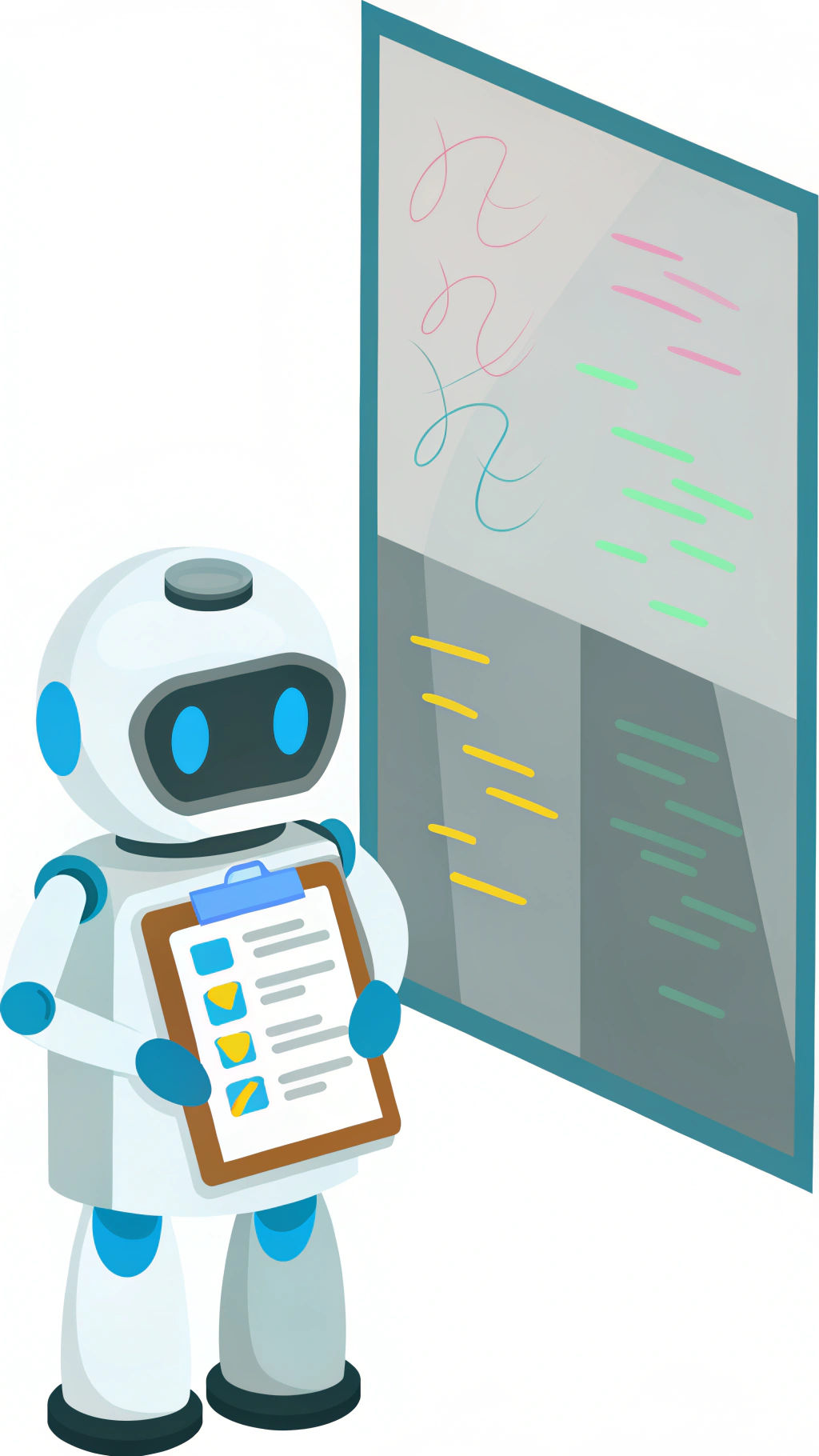
Use Astro Collections, audit frontmatter, and create template that can be used in Scripts, Observers, and Watchers
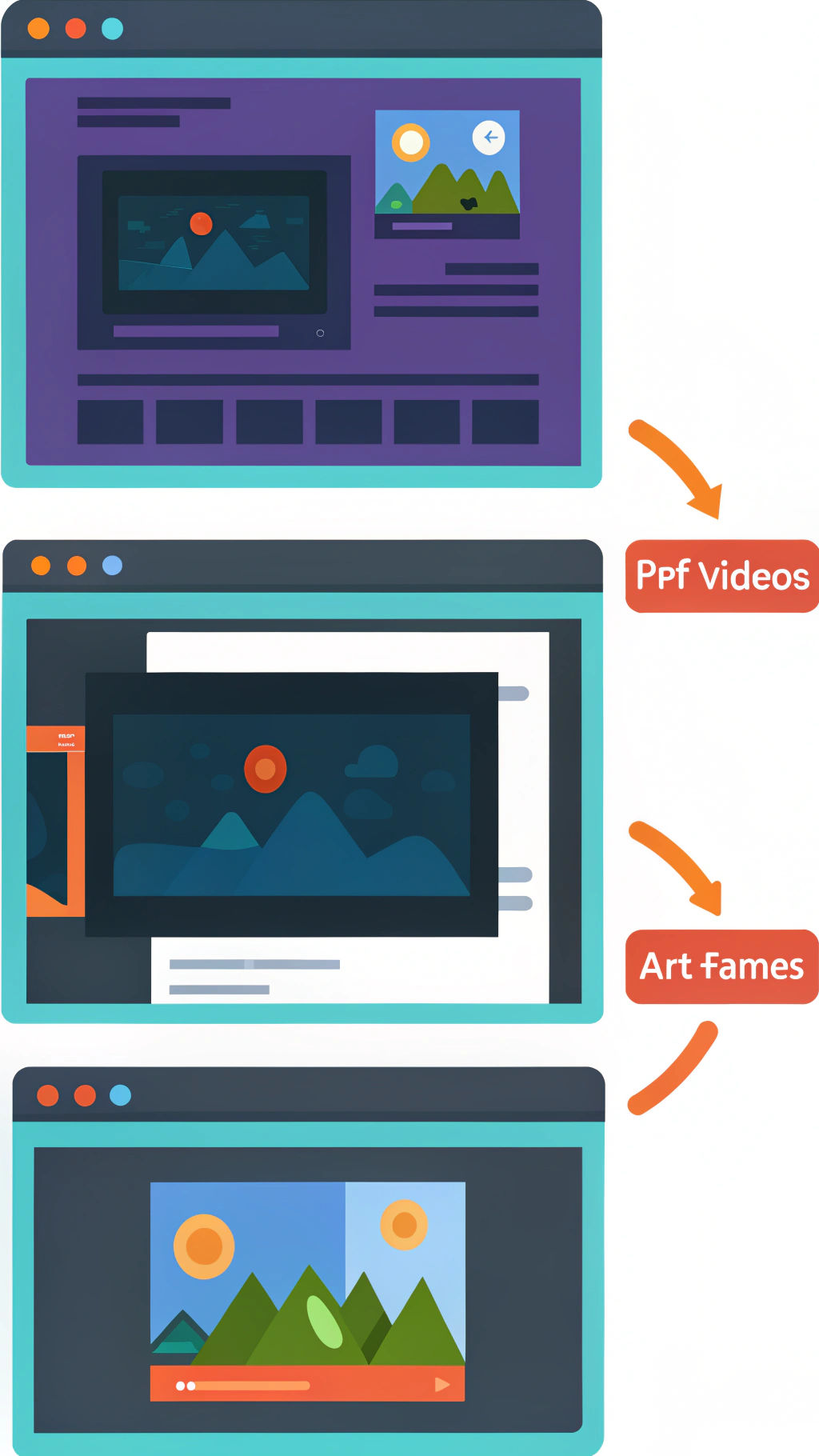
Handle iFrames in markdown content by pulling them out before other content processing, then adding them back to the AST before rendering.

Brief description of the prompt functionality and purpose

A robust approach to AST transformations inspired by astro-big-doc and content-structure patterns
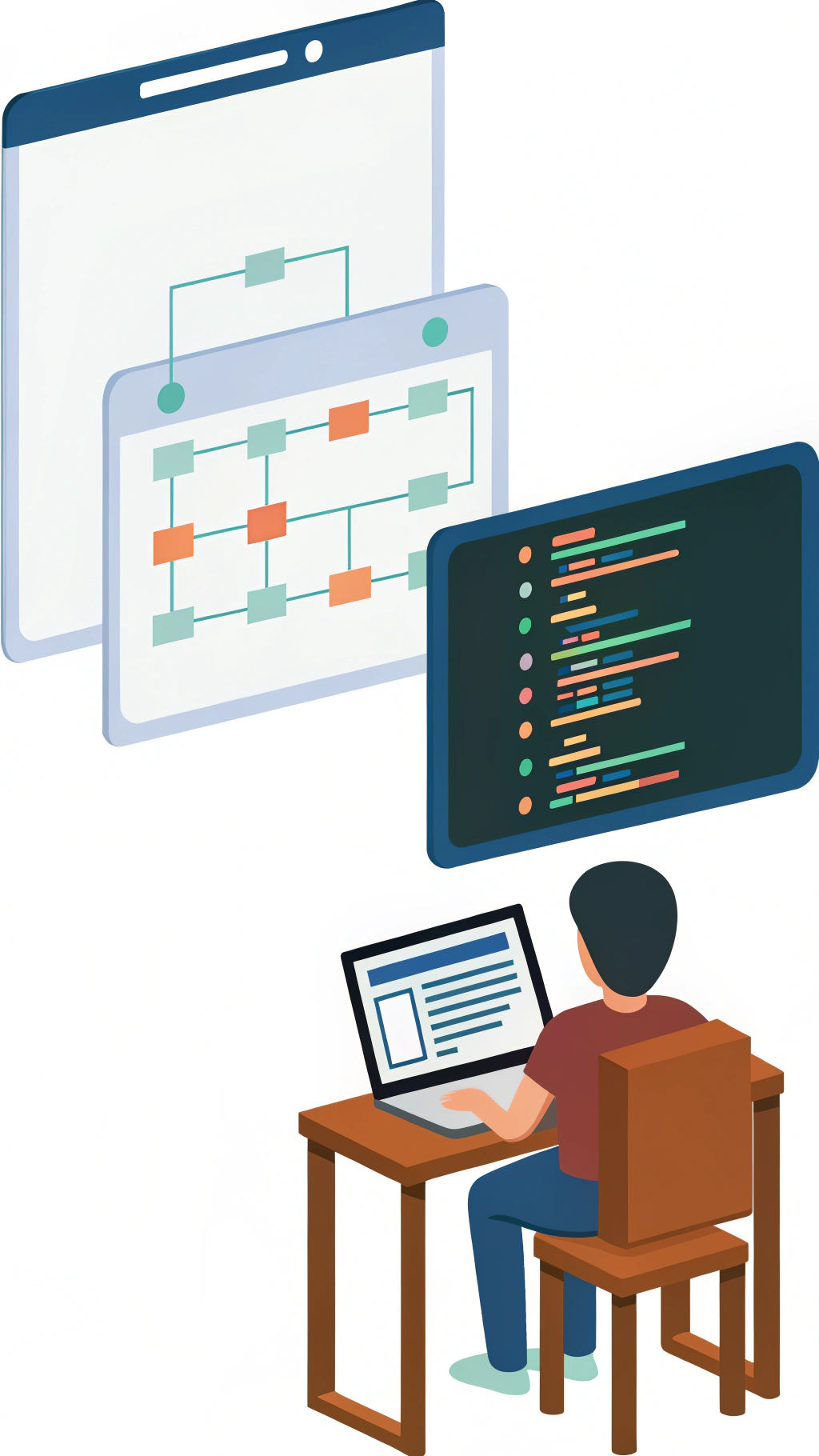
Create a custom remark plugin to enhance markdown processing in Astro with extended syntax features
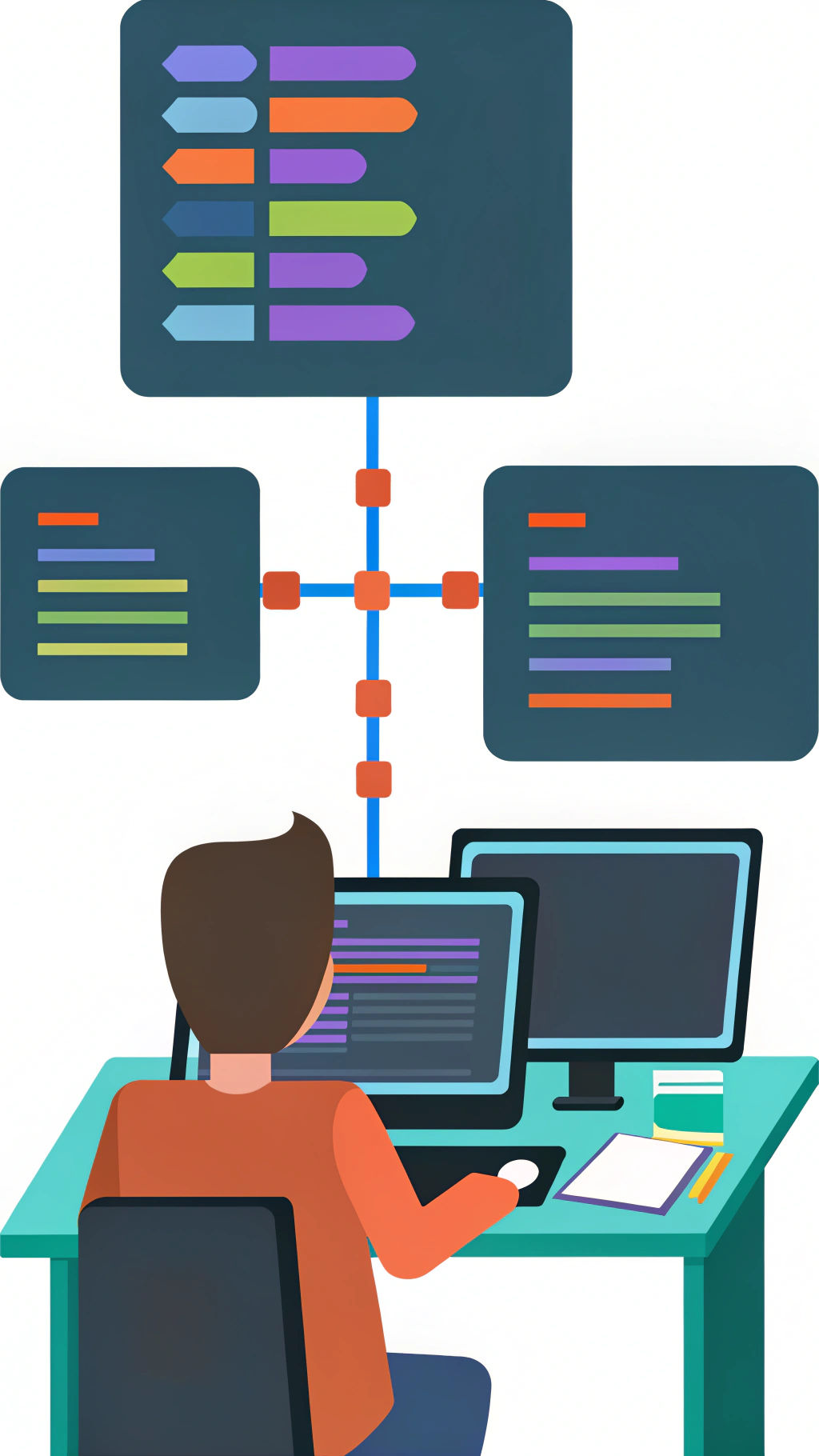
Provide recommendations for improving code organization and structure while preserving functionality and maintaining existing patterns
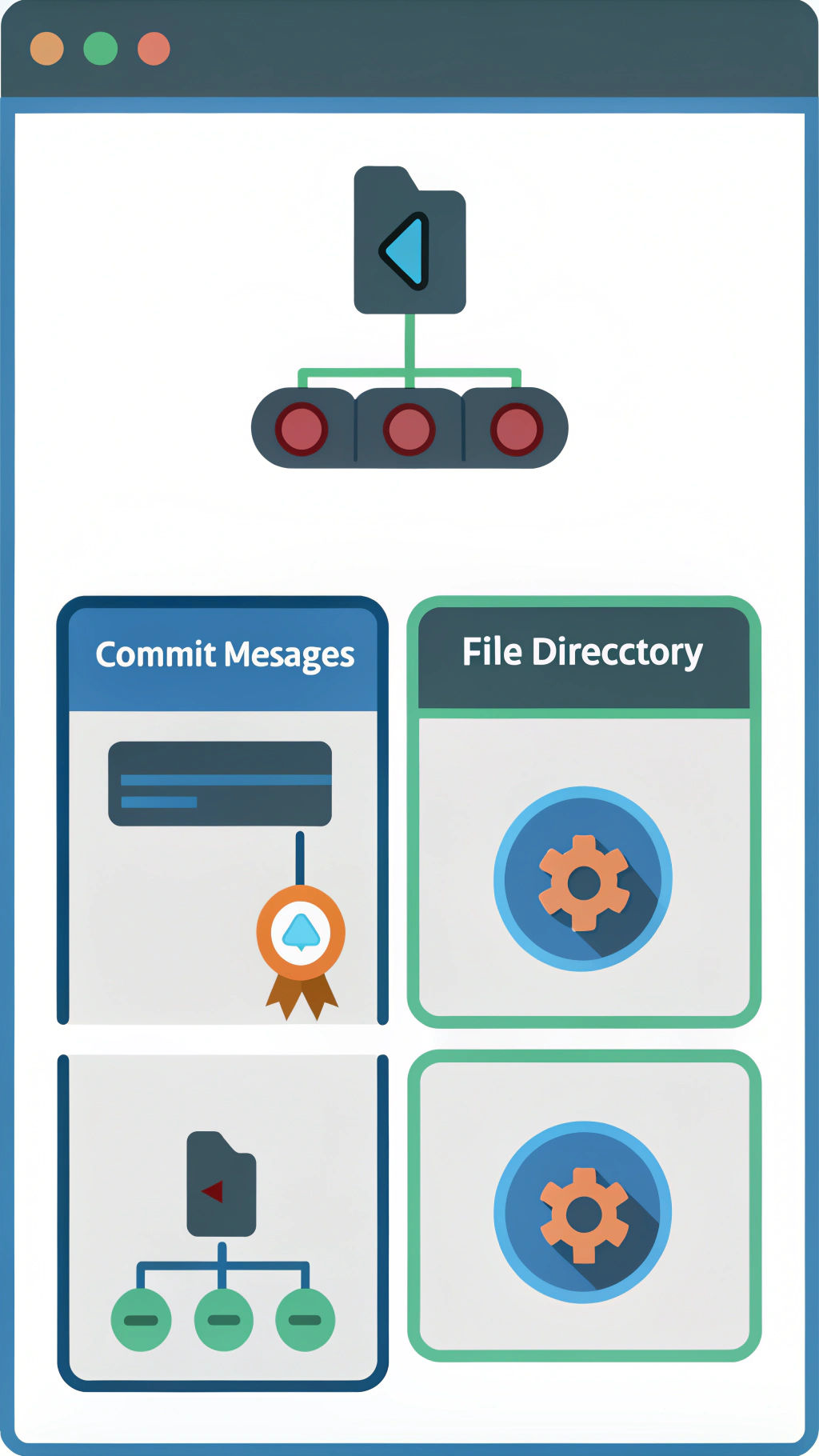
Create structured and informative git commit messages for code changes

A step-by-step, human-readable workflow for safely squash-merging development into master in a multi-contributor project.

Make the tag column more powerful by allowing different kinds of sort patterns

When content libraries diverge, and both libraries have important data and content, write a script that merges the matching files based on most recent or robust frontmatter and content.
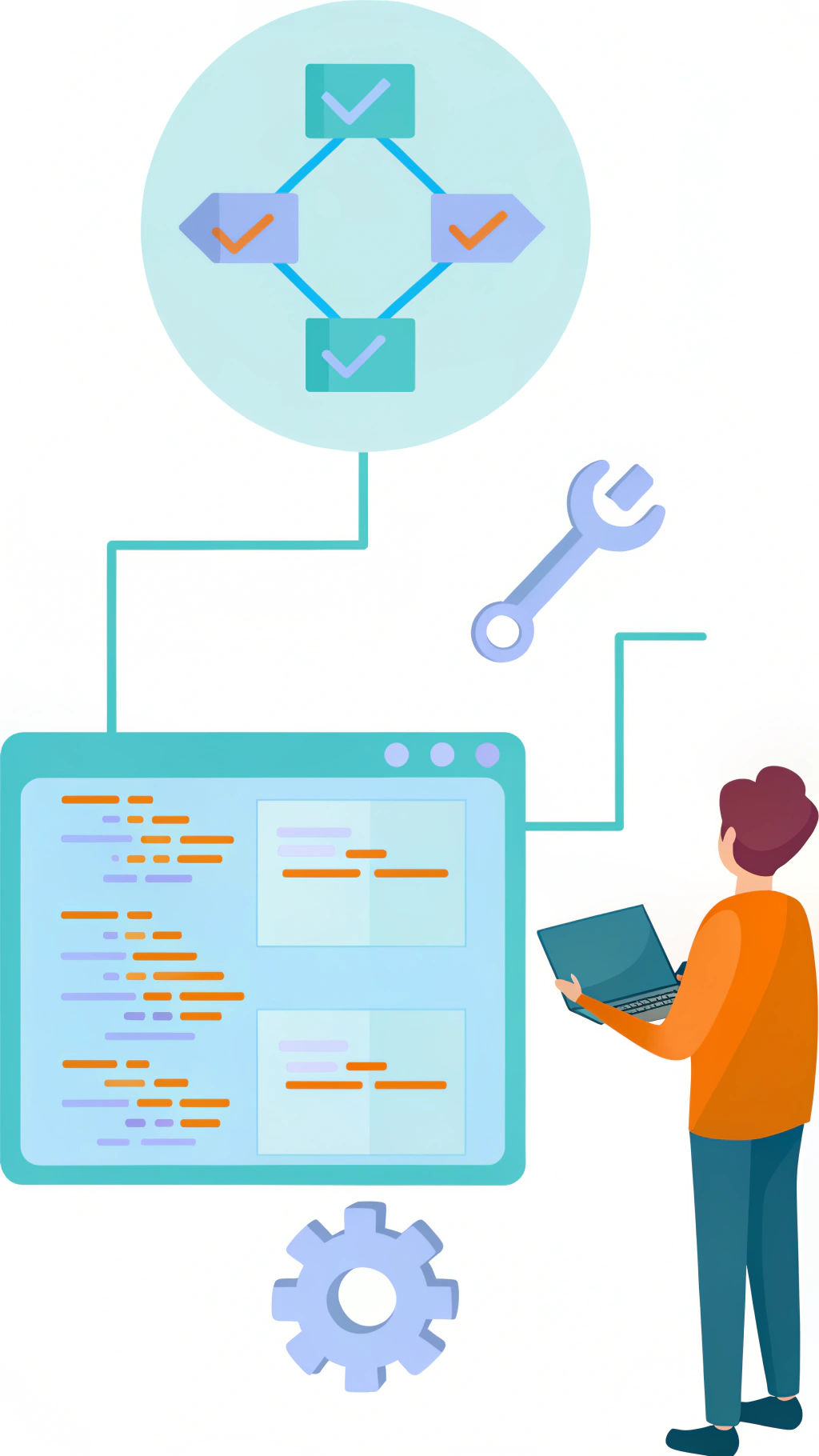
Provide recommendations for improving code organization and structure while preserving functionality and maintaining existing patterns

Leverage the file system libraries to observe directories for new files, insert frontmatter templates.

Several forms of extended markdown make heavy use of callout blocks, which can be rendered with combinations of Astro Components, Semantic HTML, and CSS classes

A simplified approach to rendering callout blocks by following astro-big-doc pattern of component-based AST handling

Analyze and extract design patterns and UI components from external websites for inspiration

Brief description of the prompt functionality and purpose
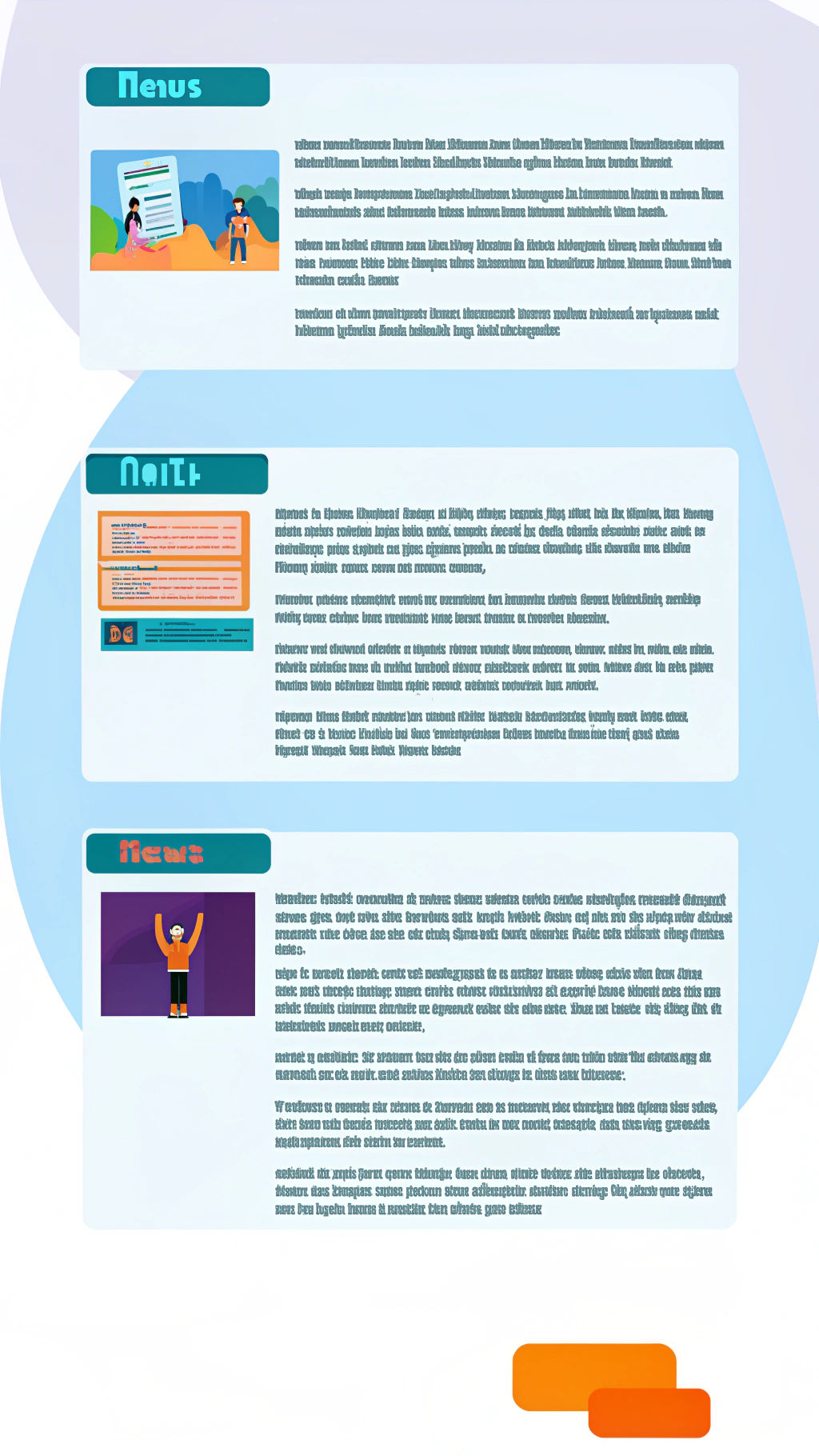
Implement our proprietary extended markdown flavor as a micromark extension—bypassing remark, rehype, and all unified abstractions.

Use a magazine-style layout for the new Specs Collection, reusing as many components and render pipeline as possible.

Build a script to fetch and update Open Graph metadata for content files using a simple build orchestrator

Create a focused script to identify and fix individual YAML issues in frontmatter without causing cascading problems

Adapt and reuse existing UI components and templates for new features

Create investment opportunity briefs that match Hypernova's analytical voice, format, and depth using AI-assisted generation with structured inputs and validation.
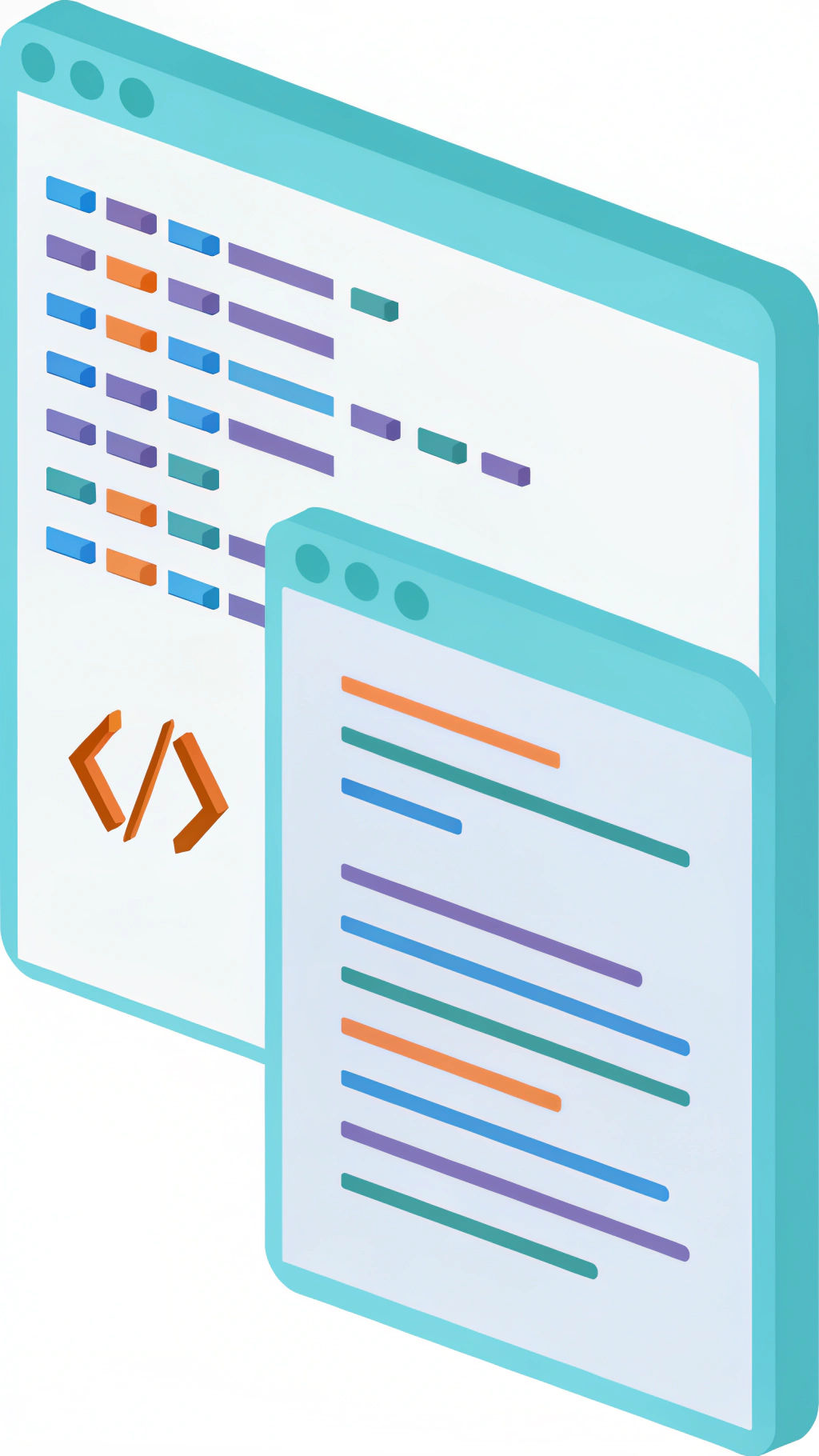
Use a smart library, Yamllint, to audit and fix our YAML frontmatter based on our specified patterns.
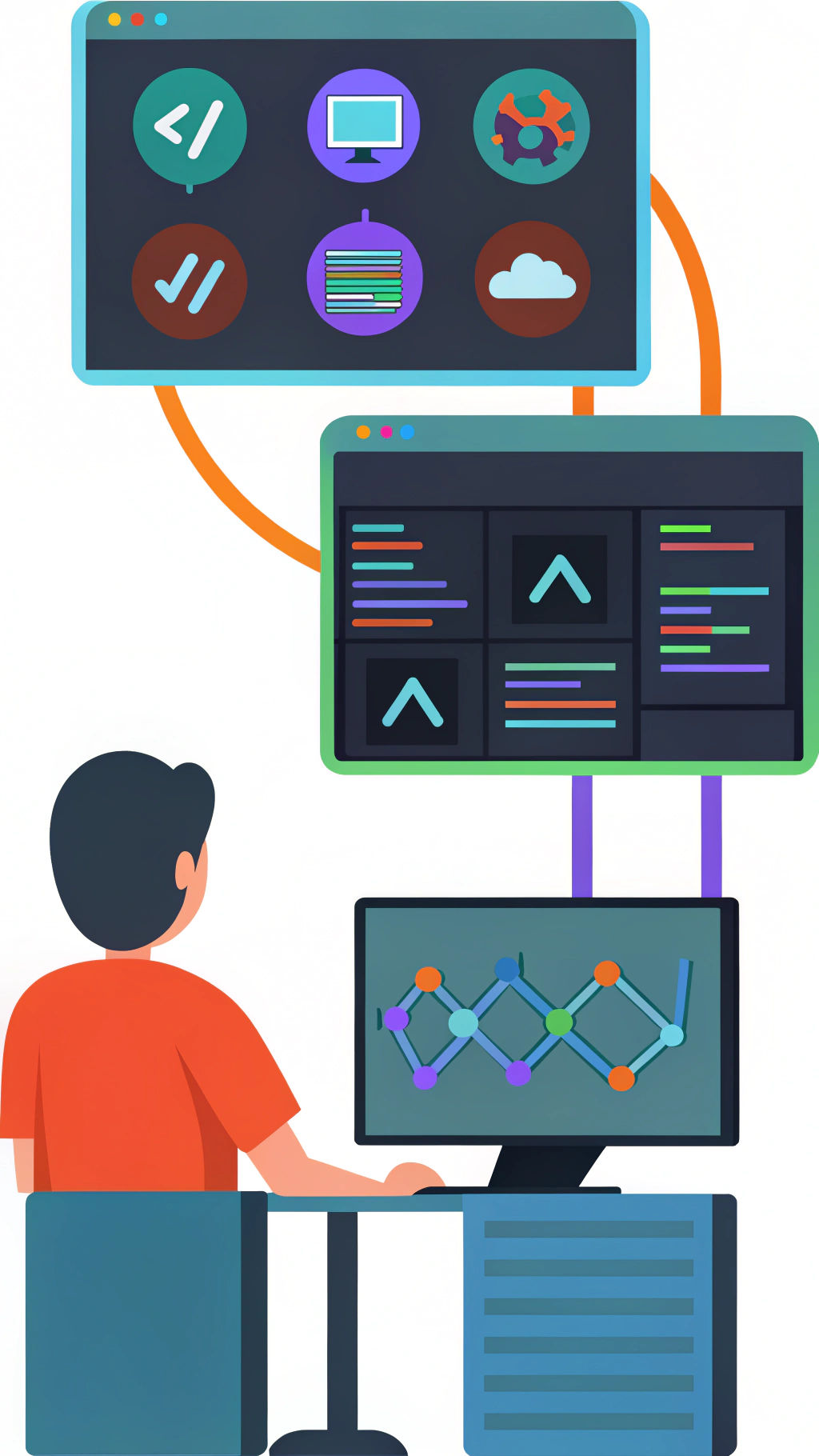
Create a Node.js script to process Markdown files and fetch OpenGraph metadata and screenshots from external APIs

Create a Node.js script to process Markdown files and fetch OpenGraph metadata and screenshots from external APIs

Build a RAG-based content generation system with multi-model API integration
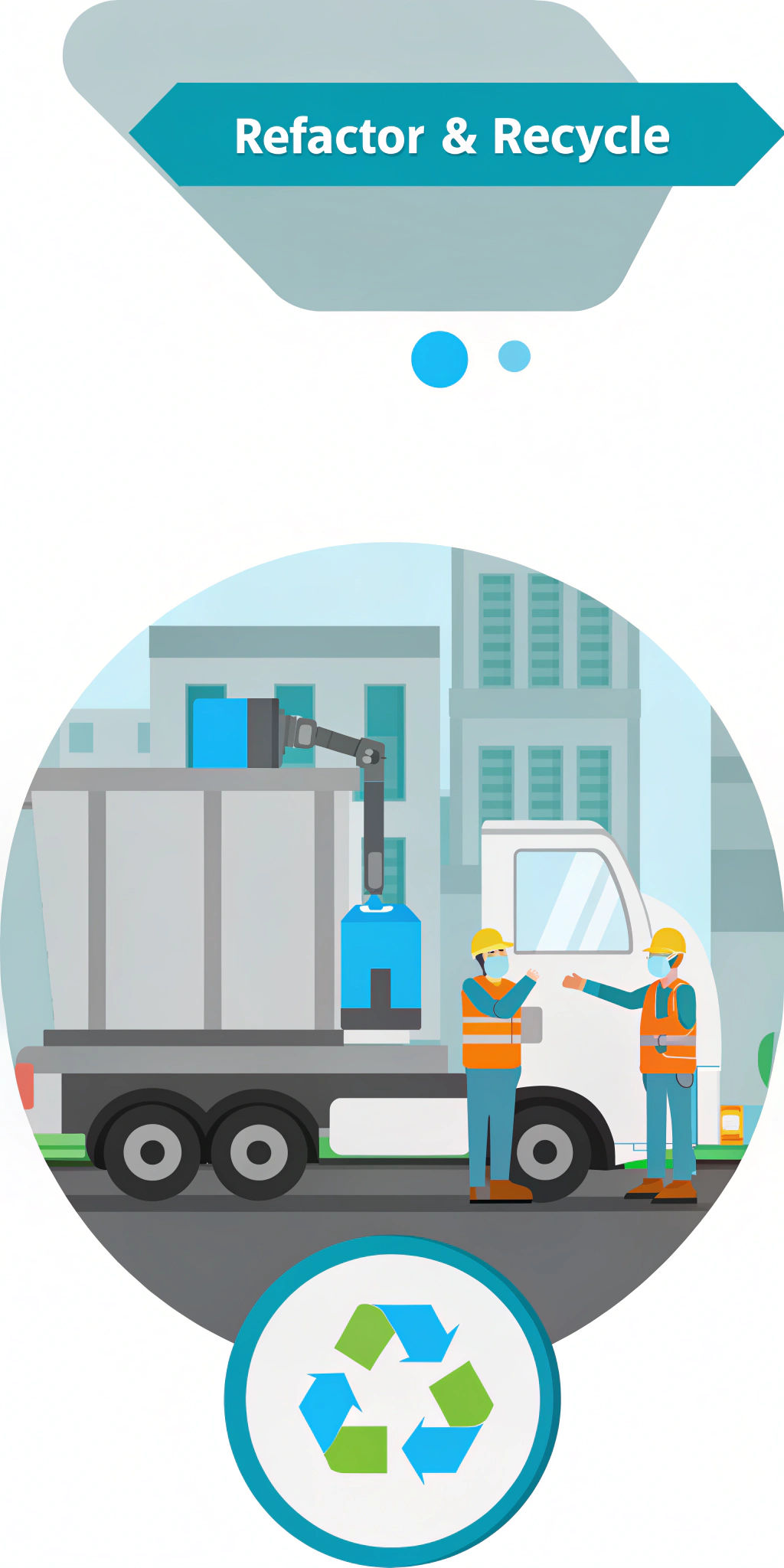
When you've built functionality several times it can feel like a slog to rewrite. Let AI Code Generators do it Step by Step.

Using an ordered list of markdown files, create a UI that tells a story of moving from one file to the next through the series.
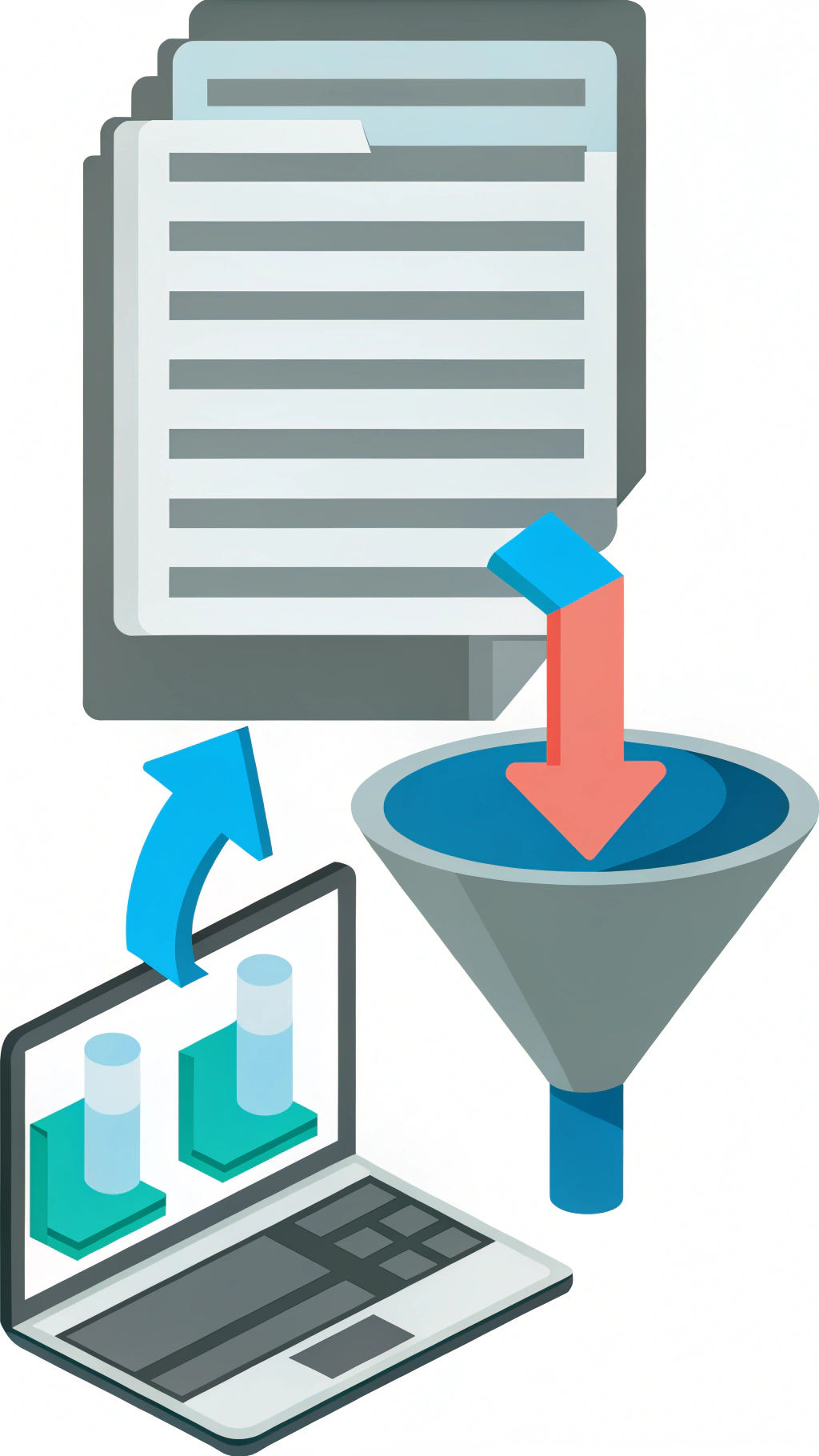
Consolidate multiple documentation sources into a single, cohesive source.

In the tangled web of academic references, a robust citation processing system transforms chaotic footnotes into a harmonized knowledge registry, ensuring every intellectual debt is properly acknowledged and seamlessly tracked.
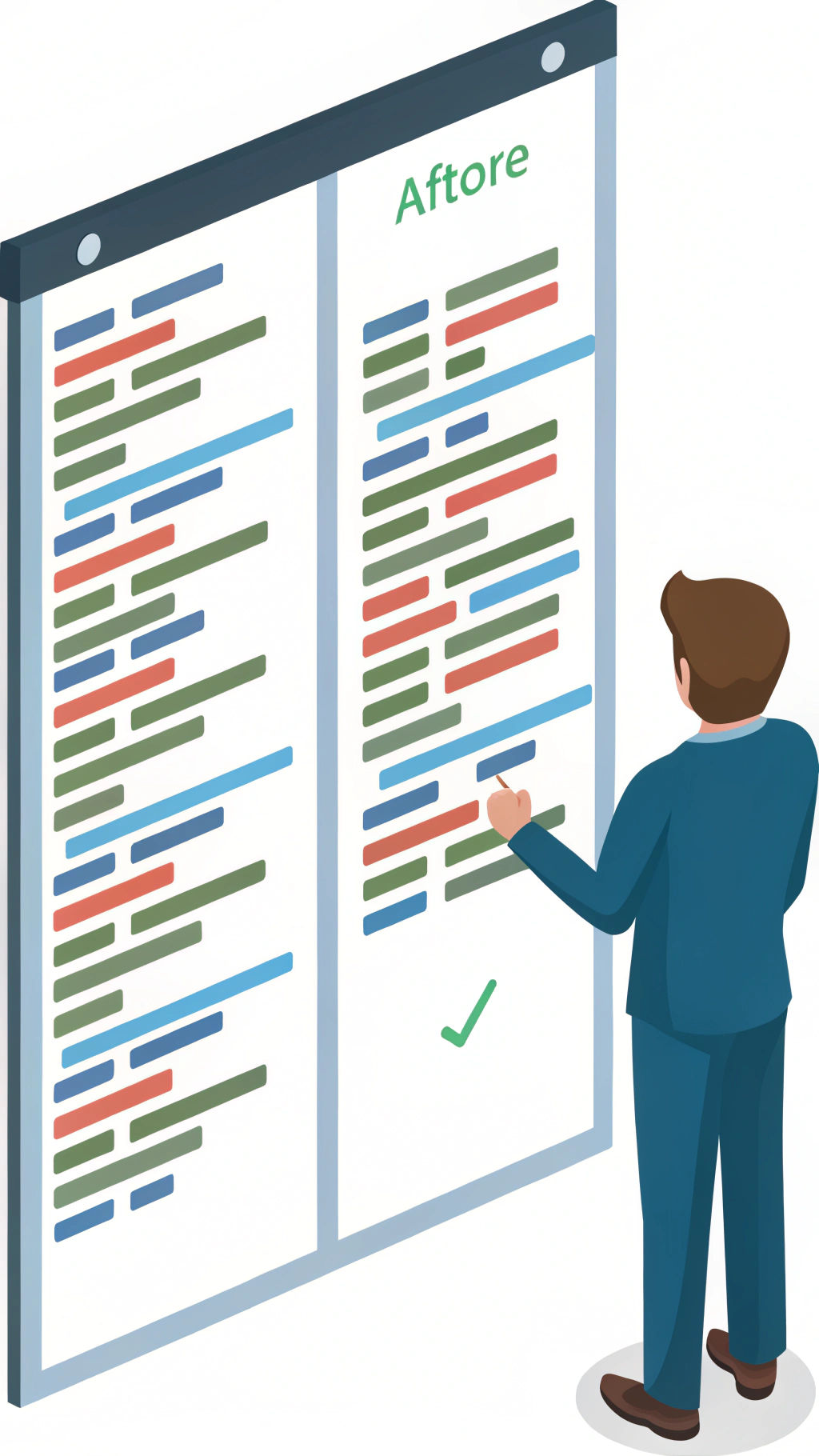
Enhance the filesystem observer to automatically format citations, convert to hex IDs, and maintain a citation registry
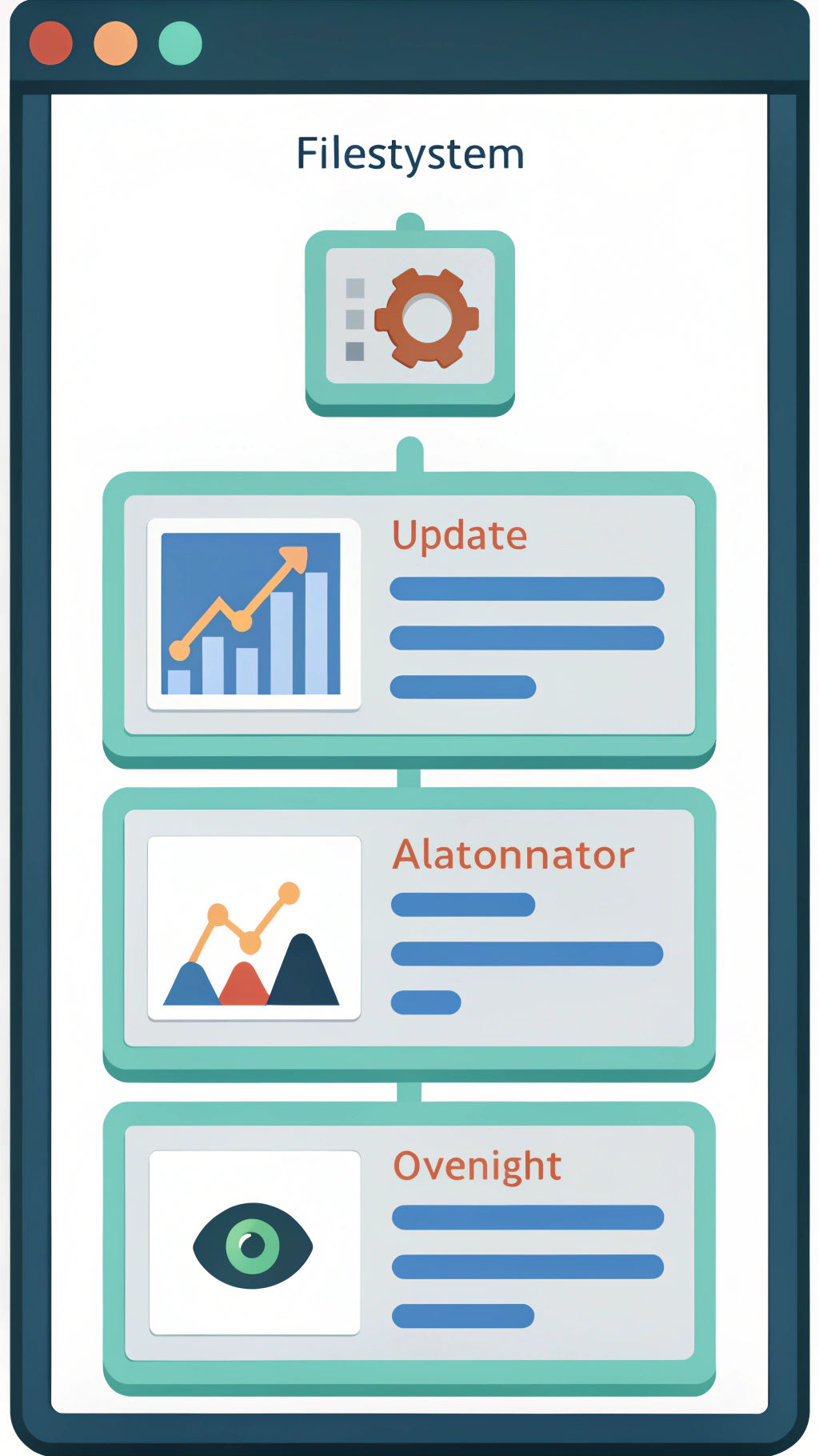
Leverage Node.js filesystem APIs to monitor content directories, automatically validate and update frontmatter based on templates

Leverage Node.js filesystem APIs to monitor content directories, automatically transform citations into unique Hex values and create or update Footnotes section.
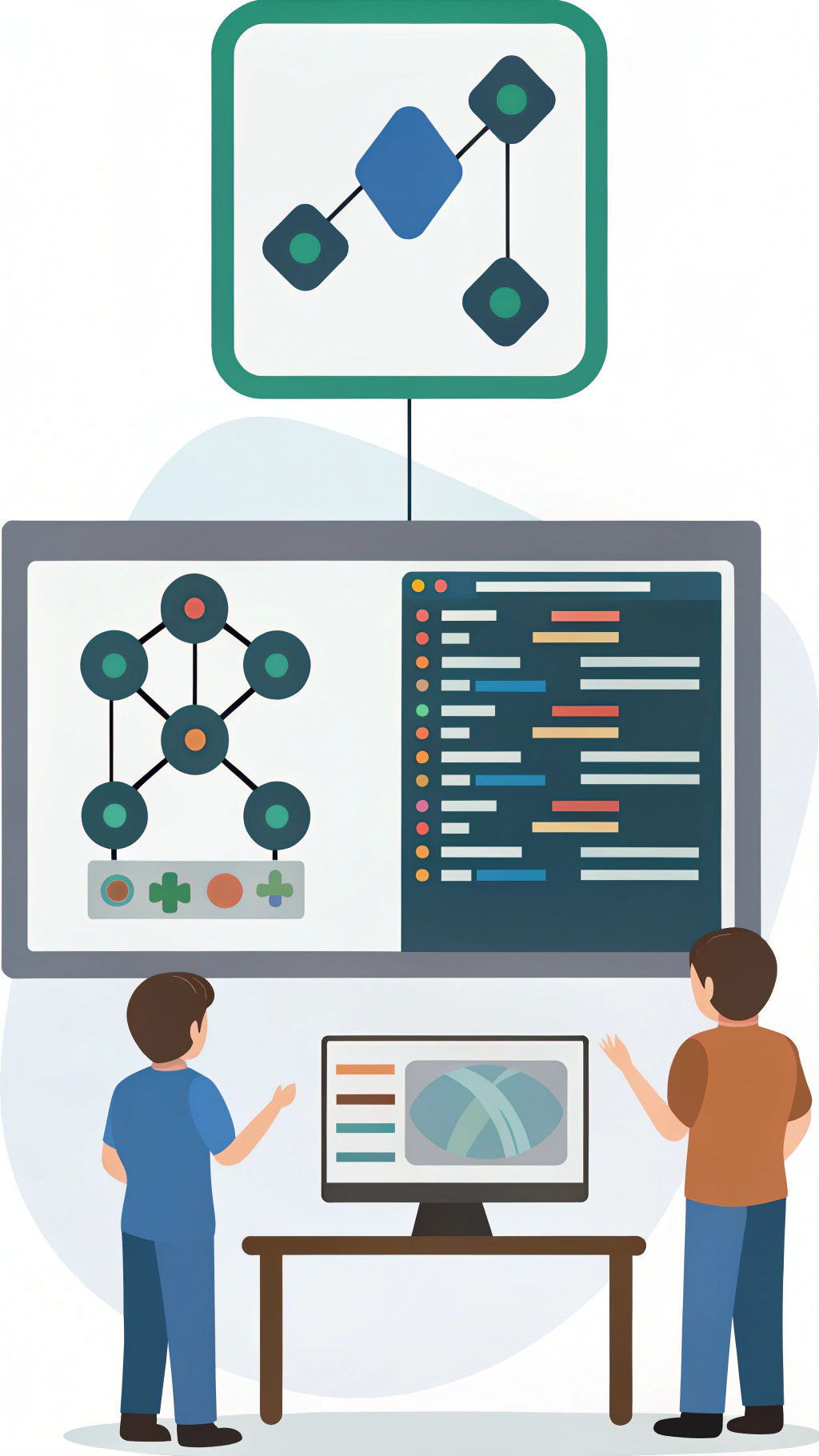
Leverage Node.js filesystem APIs to monitor content directories, automatically fetch OpenGraph metadata and update frontmatter
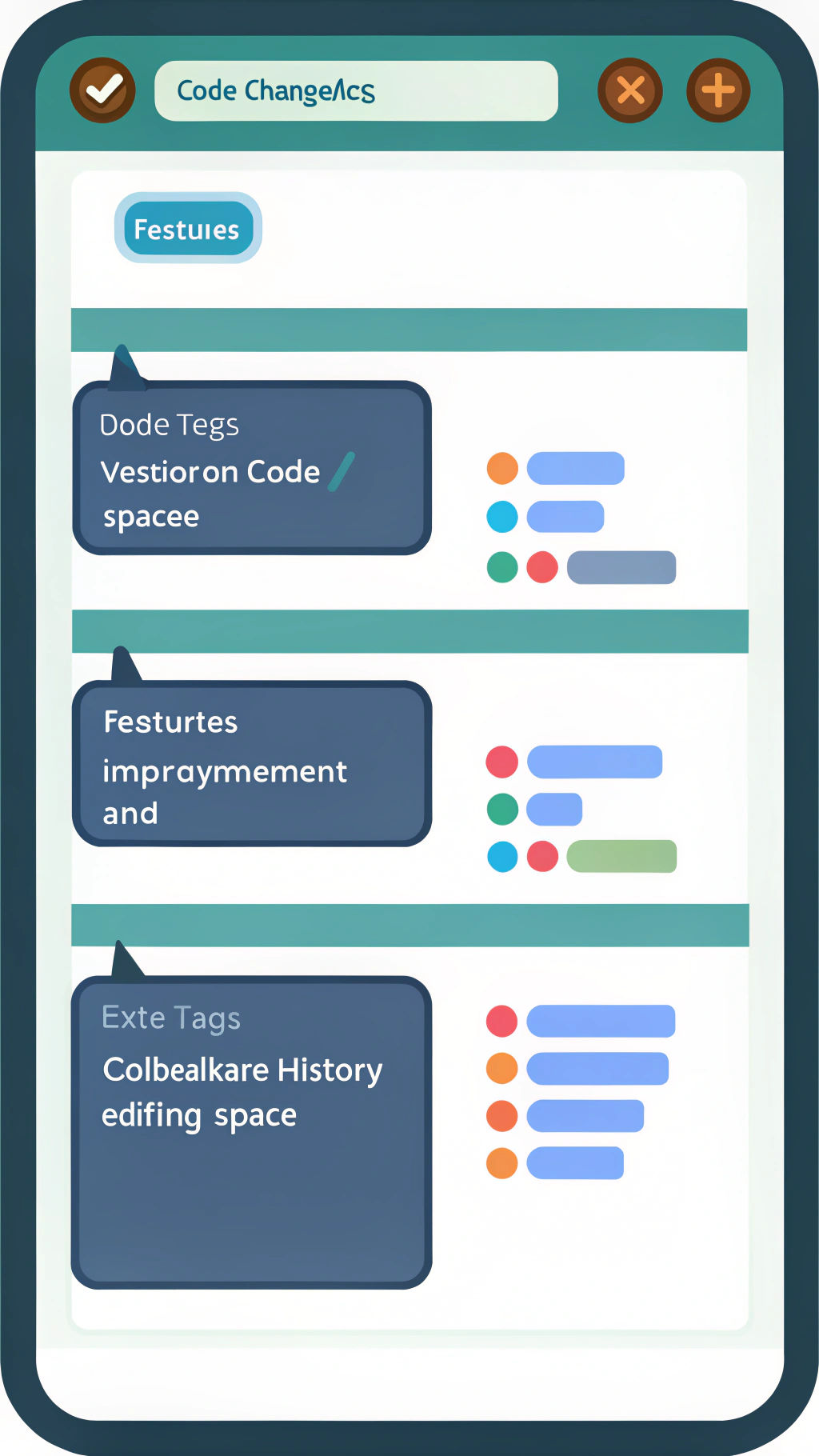
Create structured and informative changelog entries for code changes

Enhance our content base with a new collection of content.
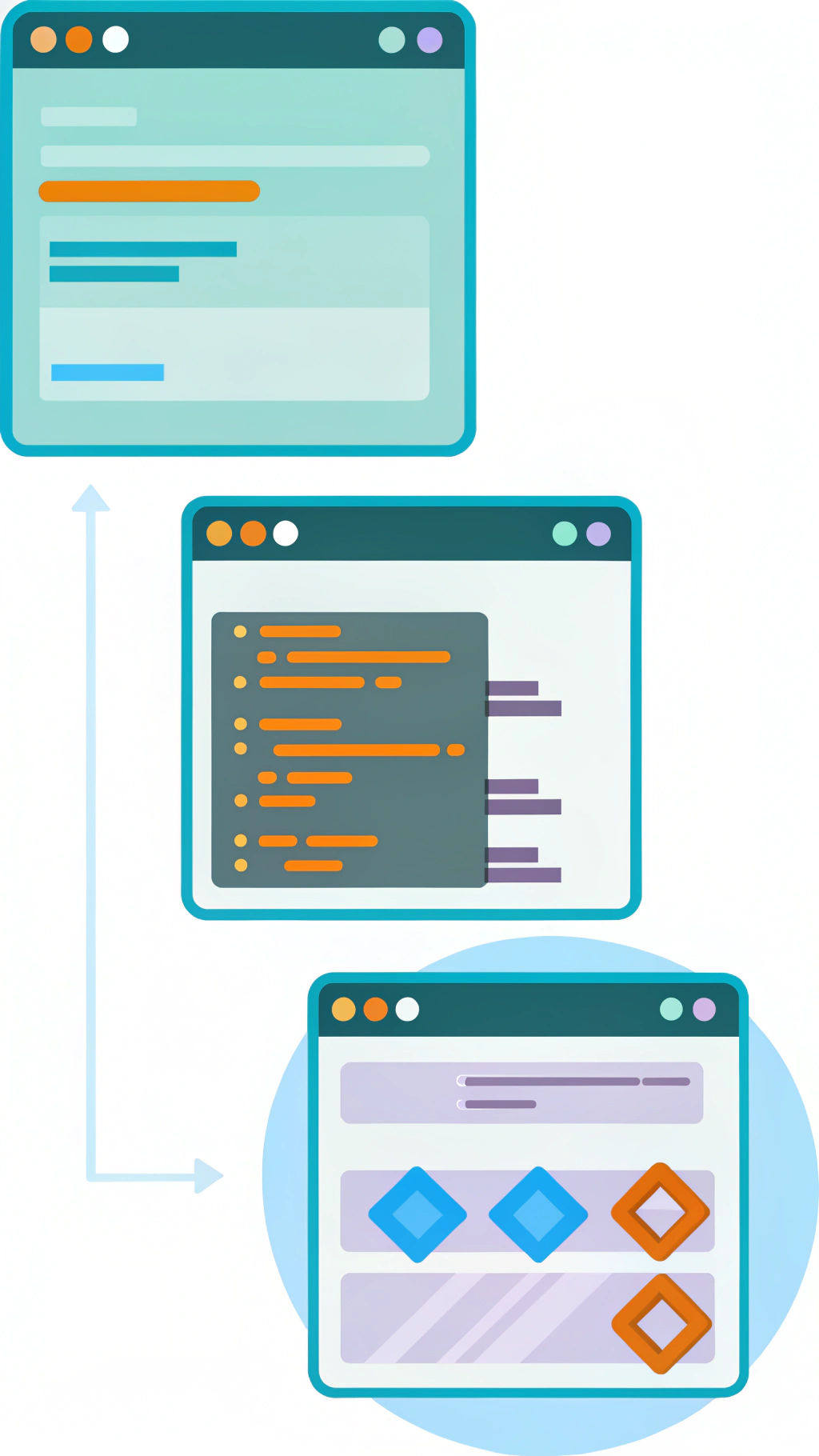
Render site flavored Markdown in layers with Marked Extensions
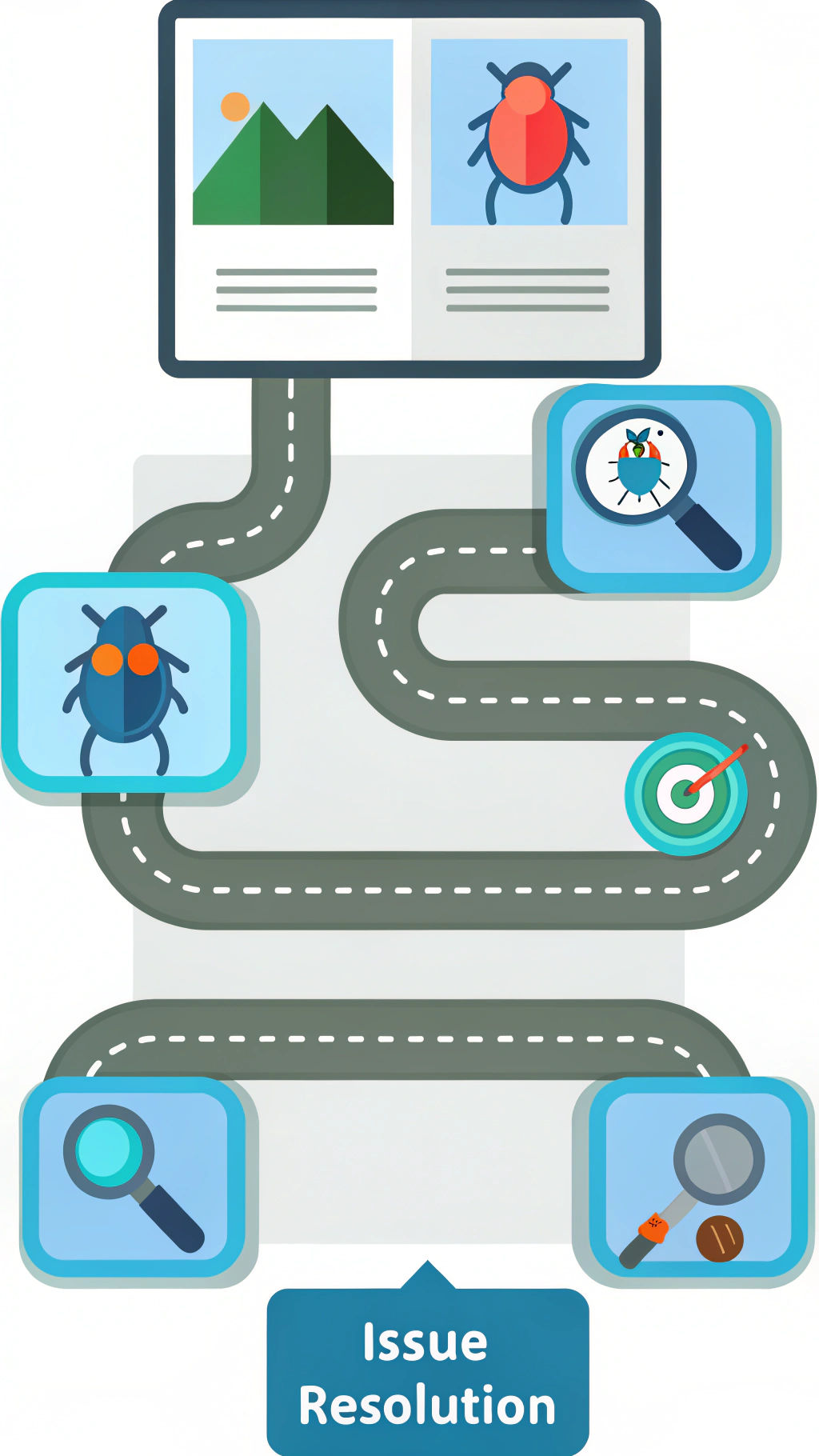
Create comprehensive technical specifications for completed tasks and features
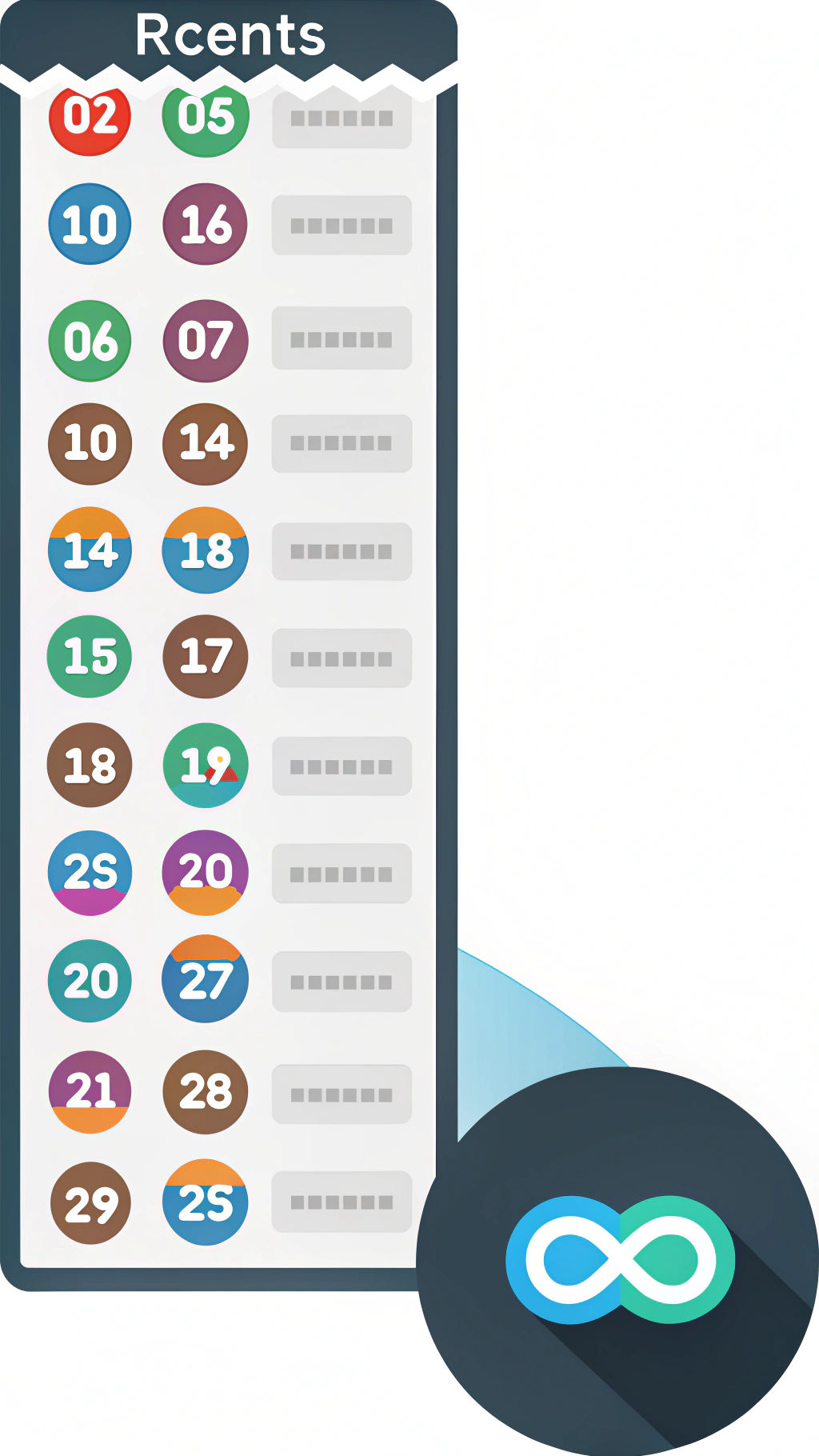
Guidelines for creating and maintaining a structured changelog

Automated detection and correction system for common YAML frontmatter errors in Markdown content

Create the content of a thousand content marketers with an LLM Gateway -- LiteLLM, Fabric, Ollama, MSTY
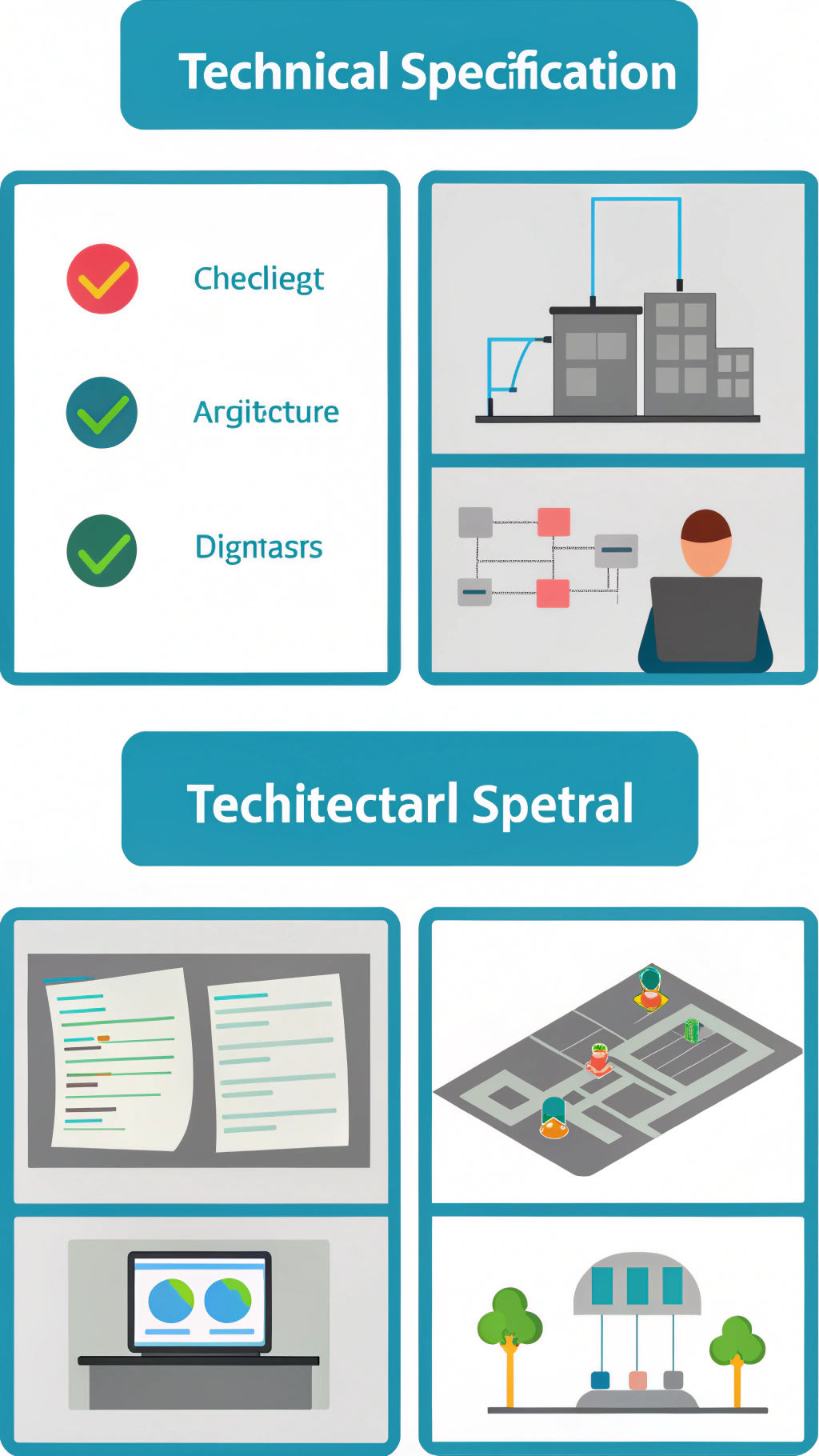
Create comprehensive technical specifications for completed tasks and features

Design and implement a modern, user-friendly dynamic footer interface that handles both code and content changes

Eliminate frustration by observing guidelines, working within hard rules and constraints, and learning to detect YAML irregularties that could cause bugs and failures

The component we have is great, but we need a variant of it.

Ideal, immediate renders are not always possible. We need to create components that handle these situations gracefully. They should be clever and on-brand.

Enhance the "more-about" path with Concepts as well as Vocabulary

Design and implement a modern, user-friendly hero component with gradient effects, responsive design, customizable content, and smooth scroll-based animations.

Extend the filesystem observer to monitor prompts and specifications directories, validating frontmatter against templates and preparing for publication

Enhance the "more-about" path with Concepts as well as Vocabulary

We should use astro components as best we can, and try to keep styles managably within their own components
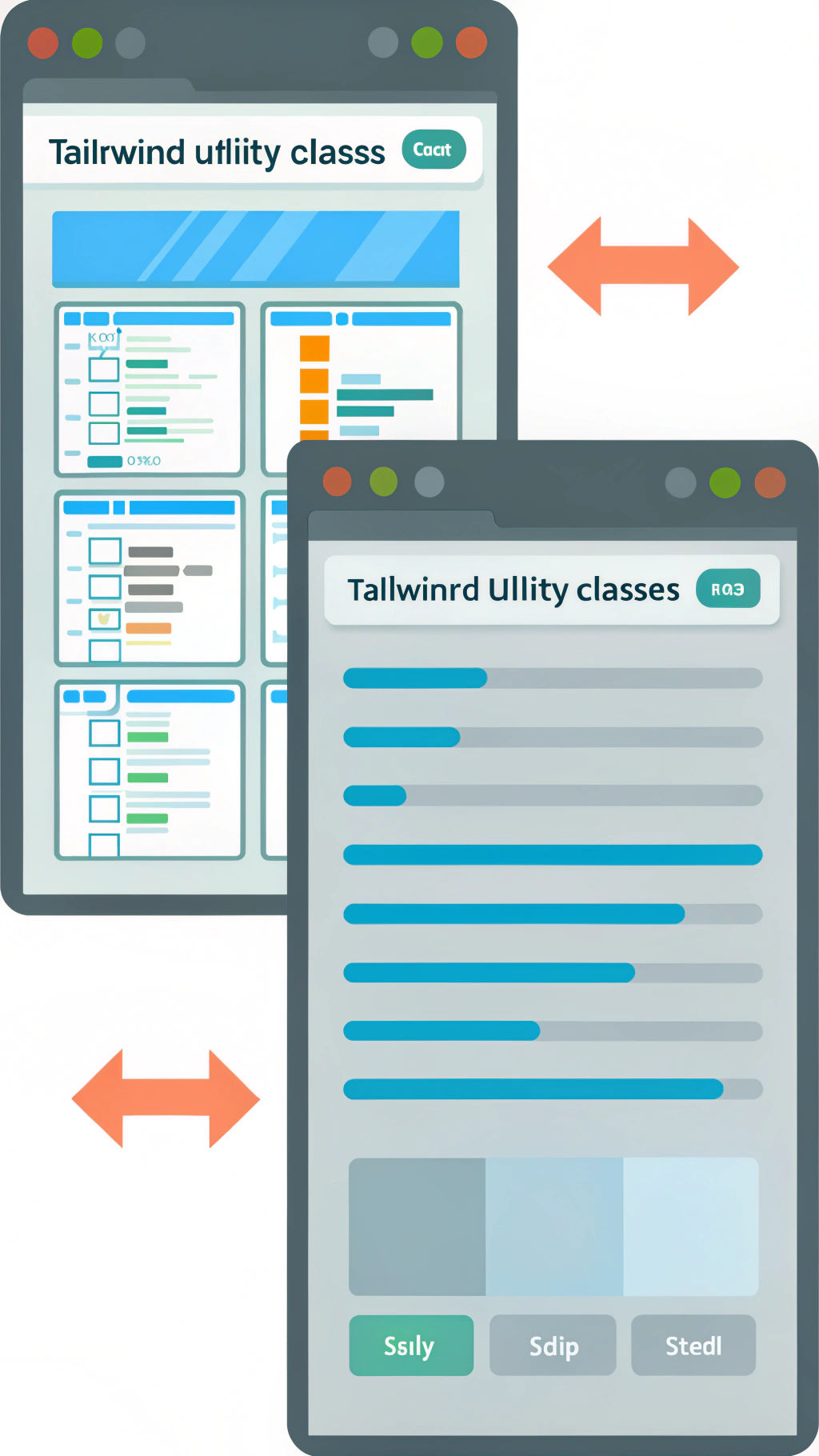
We use Tailwind for speed and compact readability, but as we move to Astro, we should use CSS and try to maintain our CSS architecture

Troubleshooting and fixing SVG images not rendering from the public directory
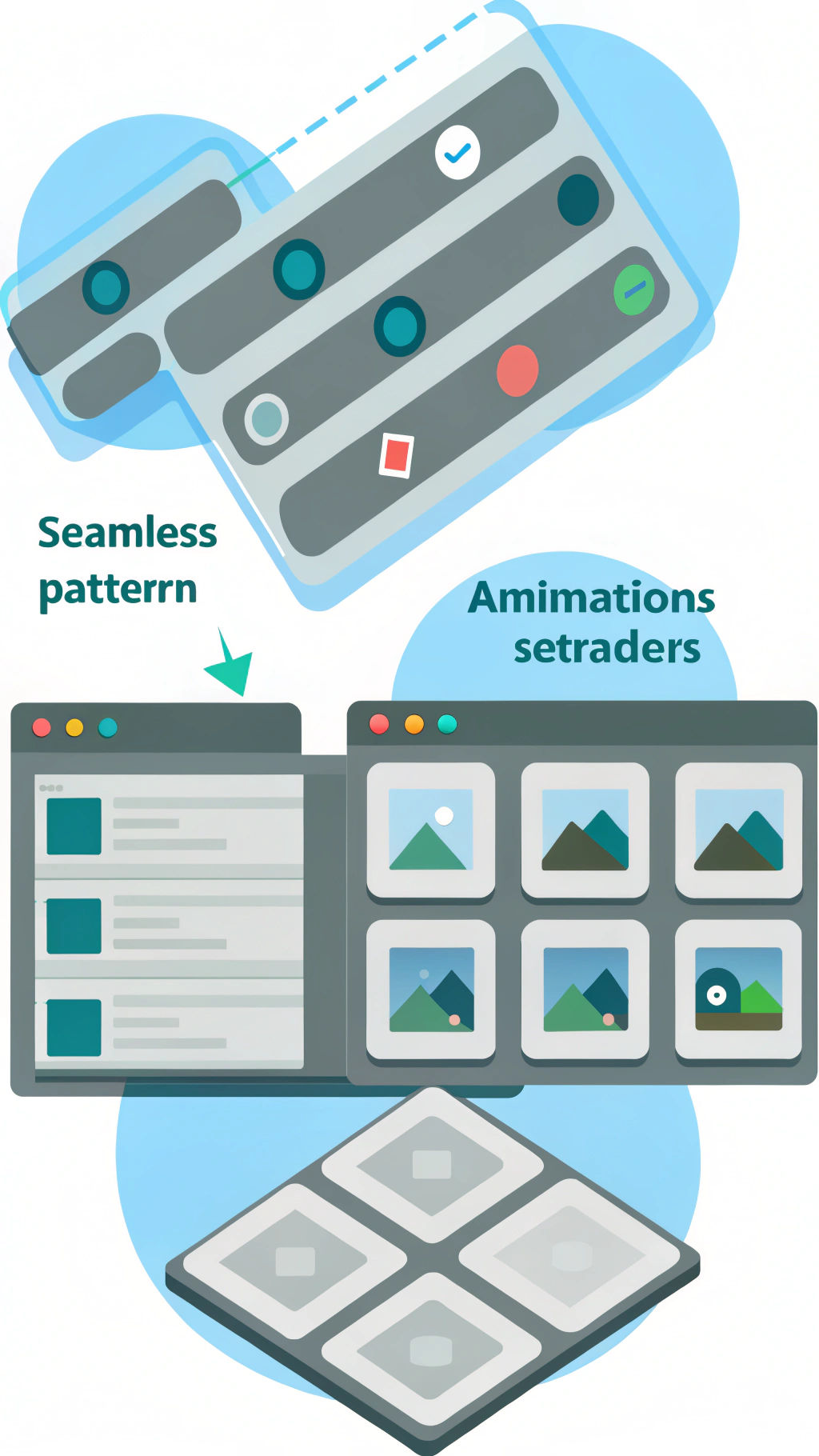
Create consistent, maintainable, and extensible patterns for CSS animations and transitions across components
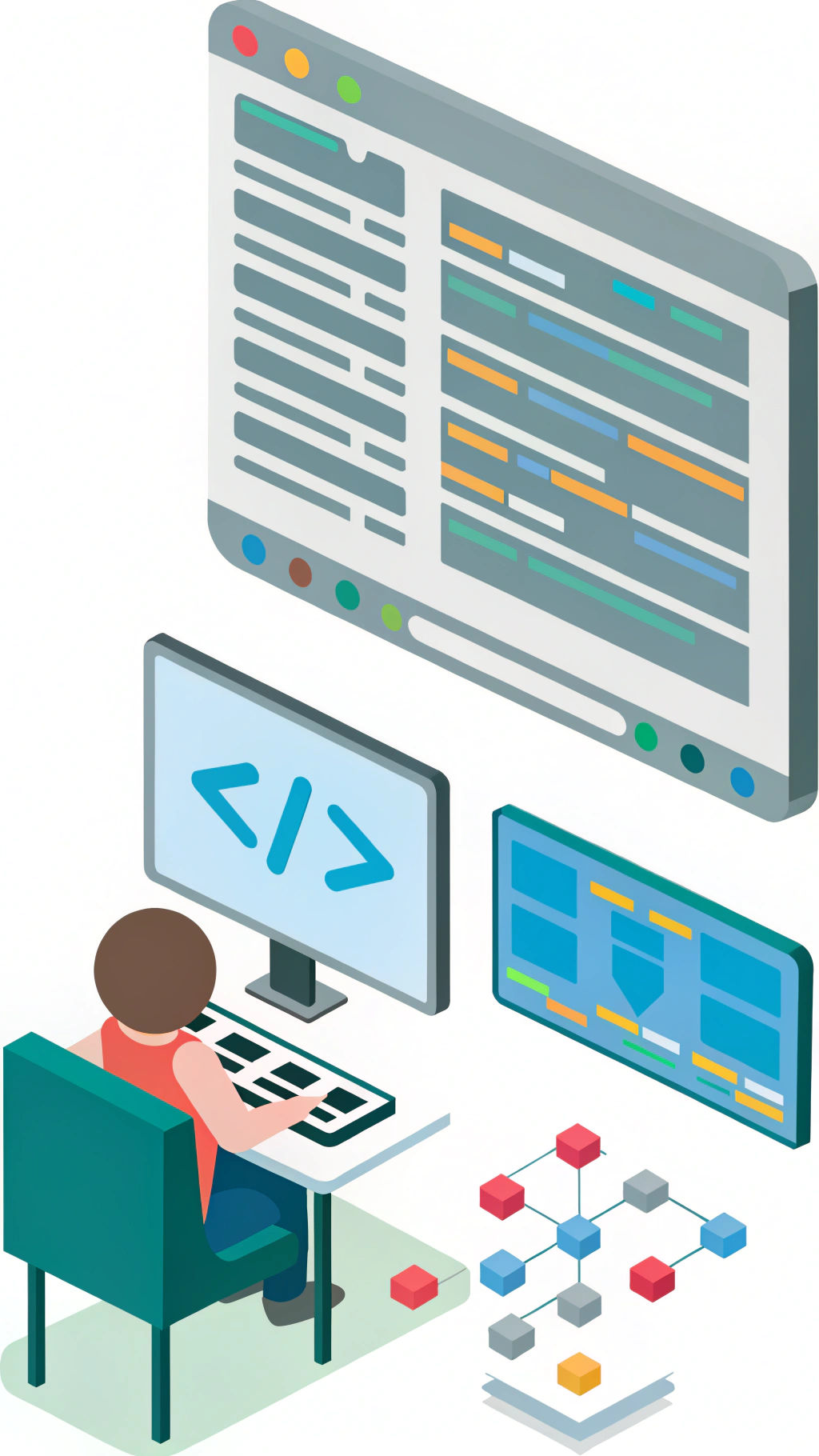
Handle citations in markdown content by extracting them and rendering them in a structured format
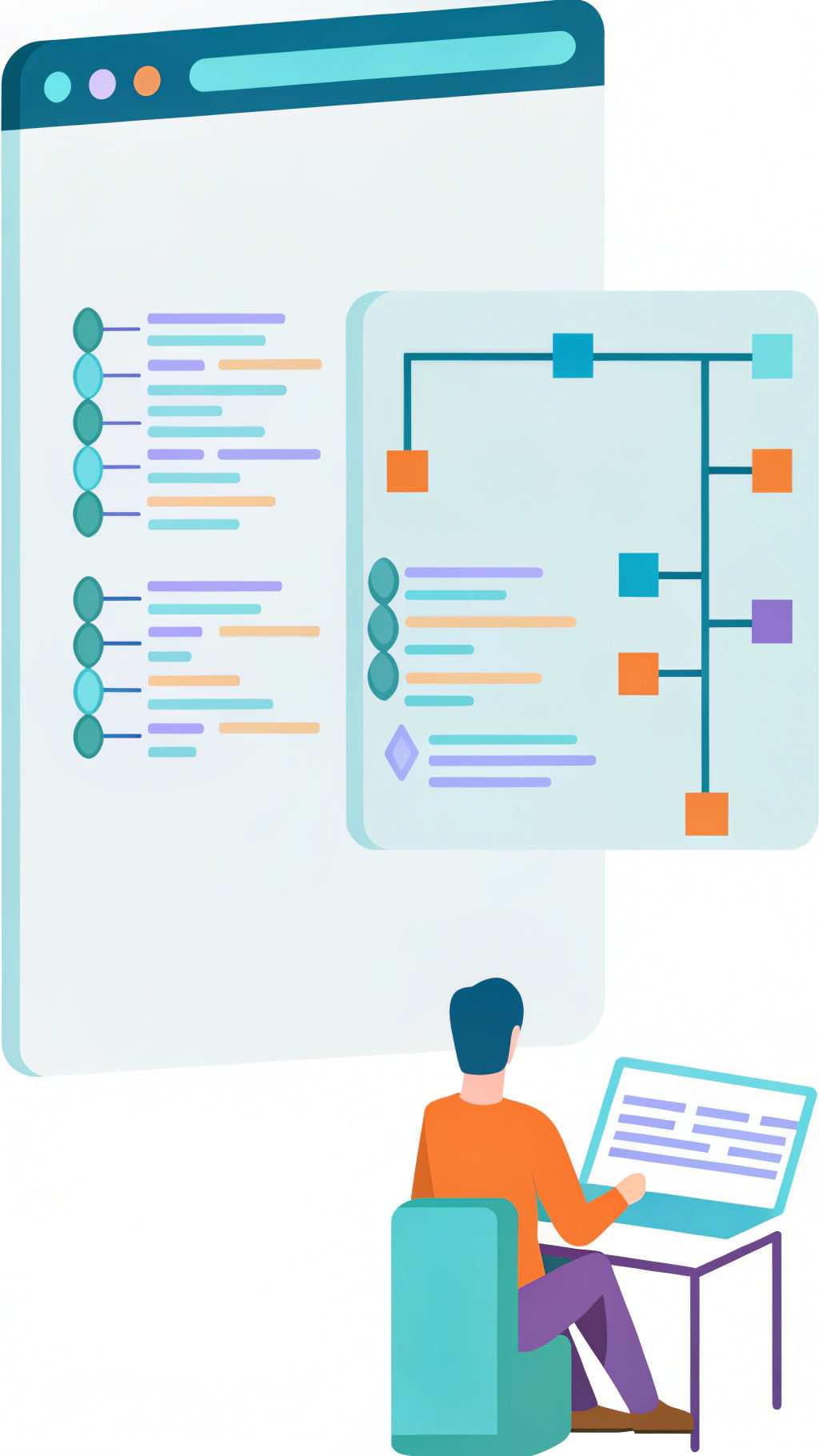
An alternative approach to rendering callouts and citations by working directly with the AST nodes

When you've built functionality several times it can feel like a slog to rewrite. Let AI Code Generators do it Step by Step.

Make your site more useful by adding a site preview using HTML iFrames and OpenGraph.io

Enhance the observer system by introducing new functionality.

Use existing logic and content, already working, to create and implement a new layout design.

Build a render pipeline for vocabulary using the component pipeline for rendering content collections with separated structure and presentation
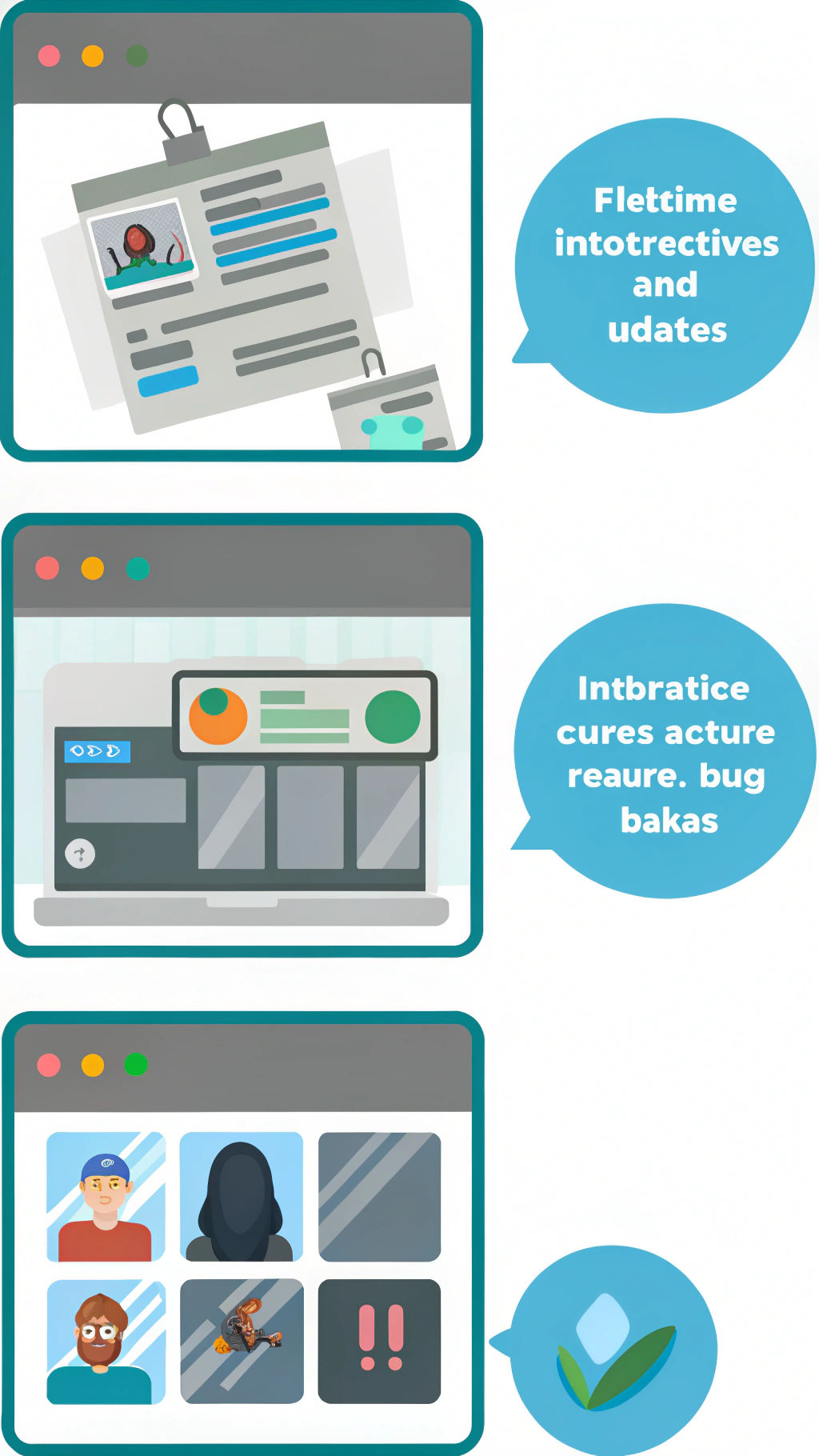
Design and implement a modern, user-friendly changelog interface that handles both code and content changes
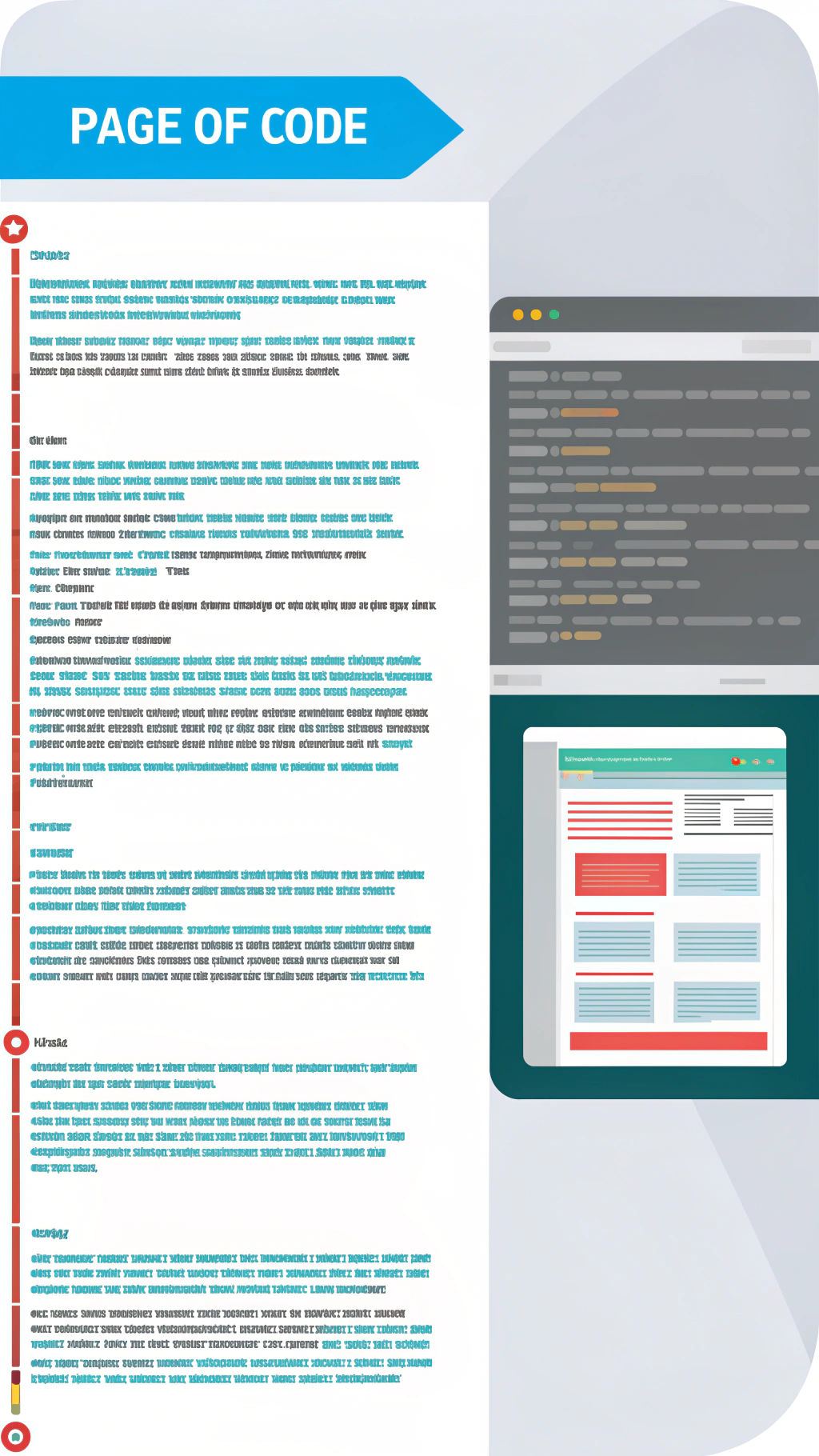
Empower developers to focus on layout and let MDX do the content and interaction

Enhance markdown rendering with specialized components for custom code languages, ensuring graceful fallbacks and maintainable styling

Guidelines for making API calls to LLM services like Claude, GPT-4, and Groq
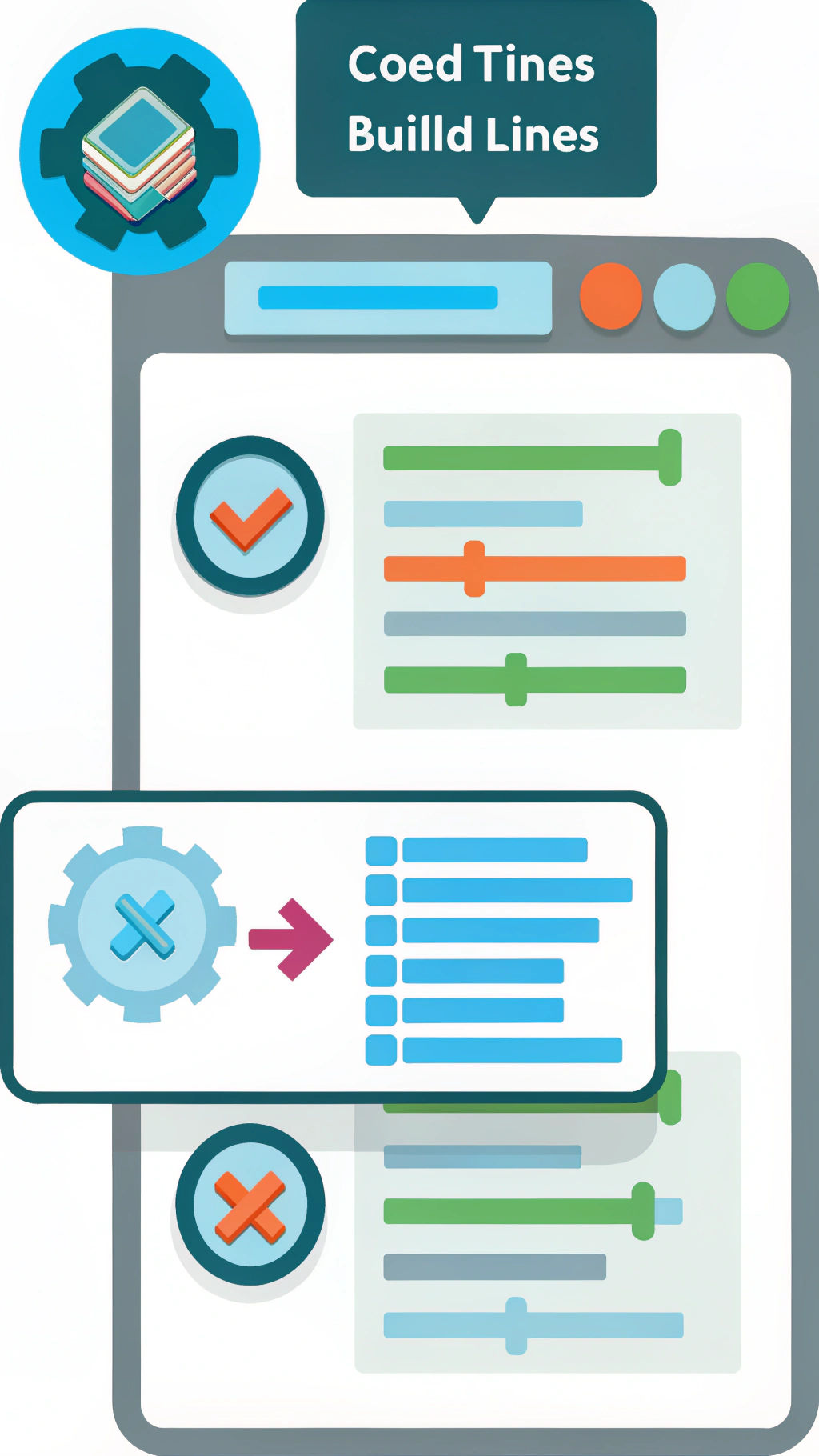
Improve build scripts by following strict naming conventions and error handling patterns

Visualize content and data models using JSON Canvas

Build a registry system for tracking and managing Markdown files

Design and implement a responsive pricing card component with modern styling
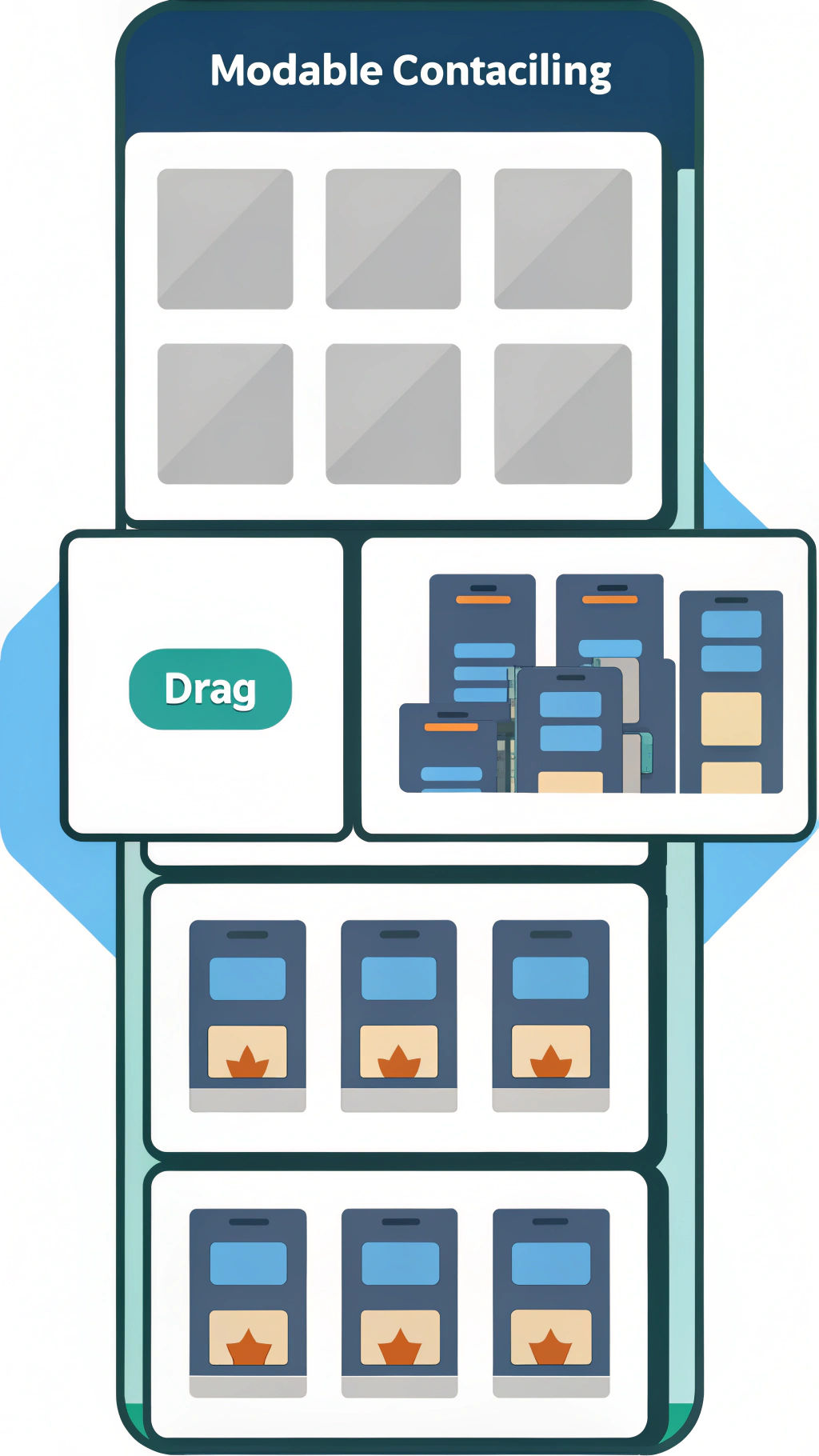
Build a maintainable component pipeline for rendering content collections with separated structure and presentation

Systematic approach to cleaning URL properties in YAML frontmatter
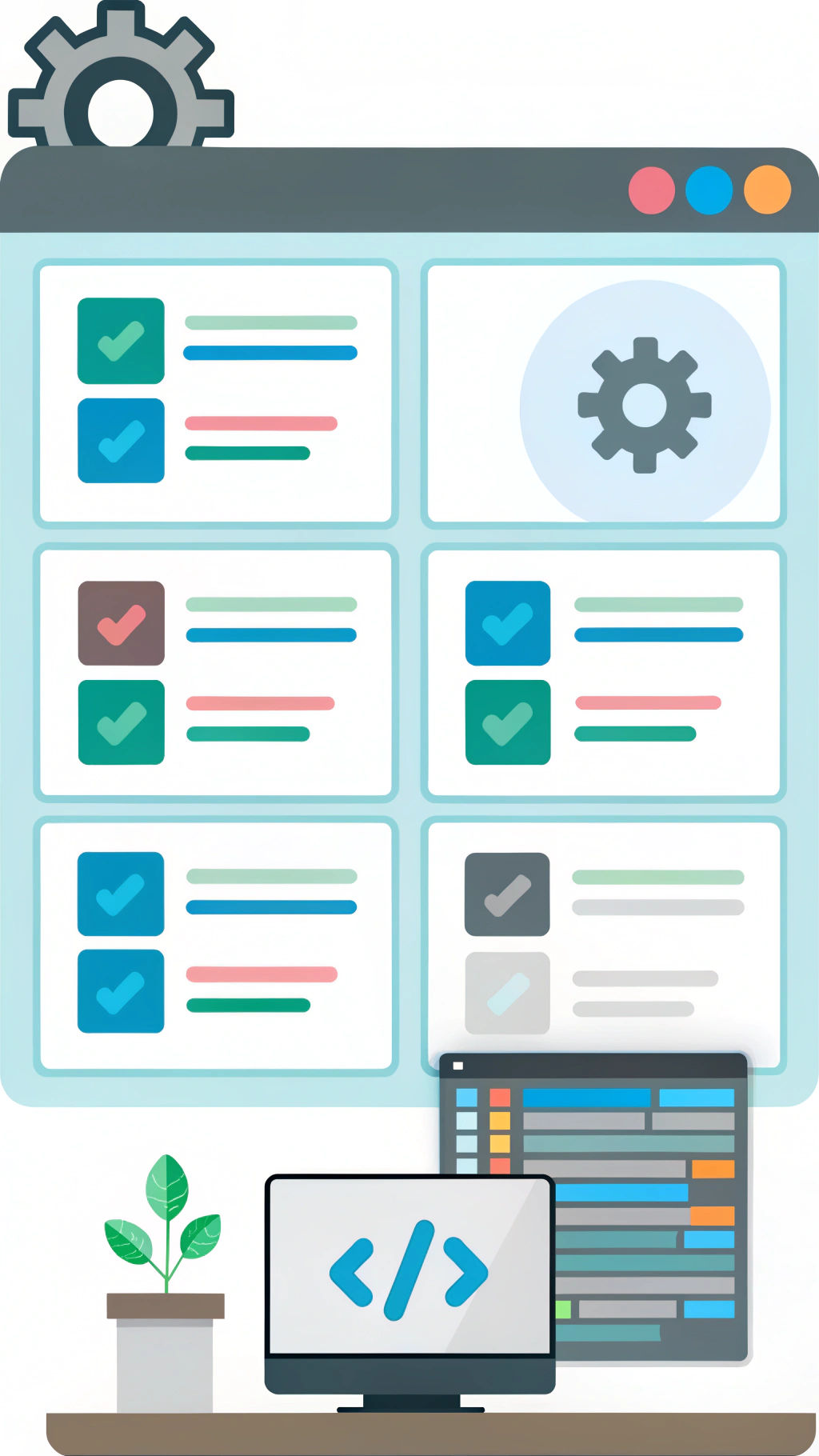
Configure and manage user options for build scripts and content processing

Filter and validate markdown files based on frontmatter content
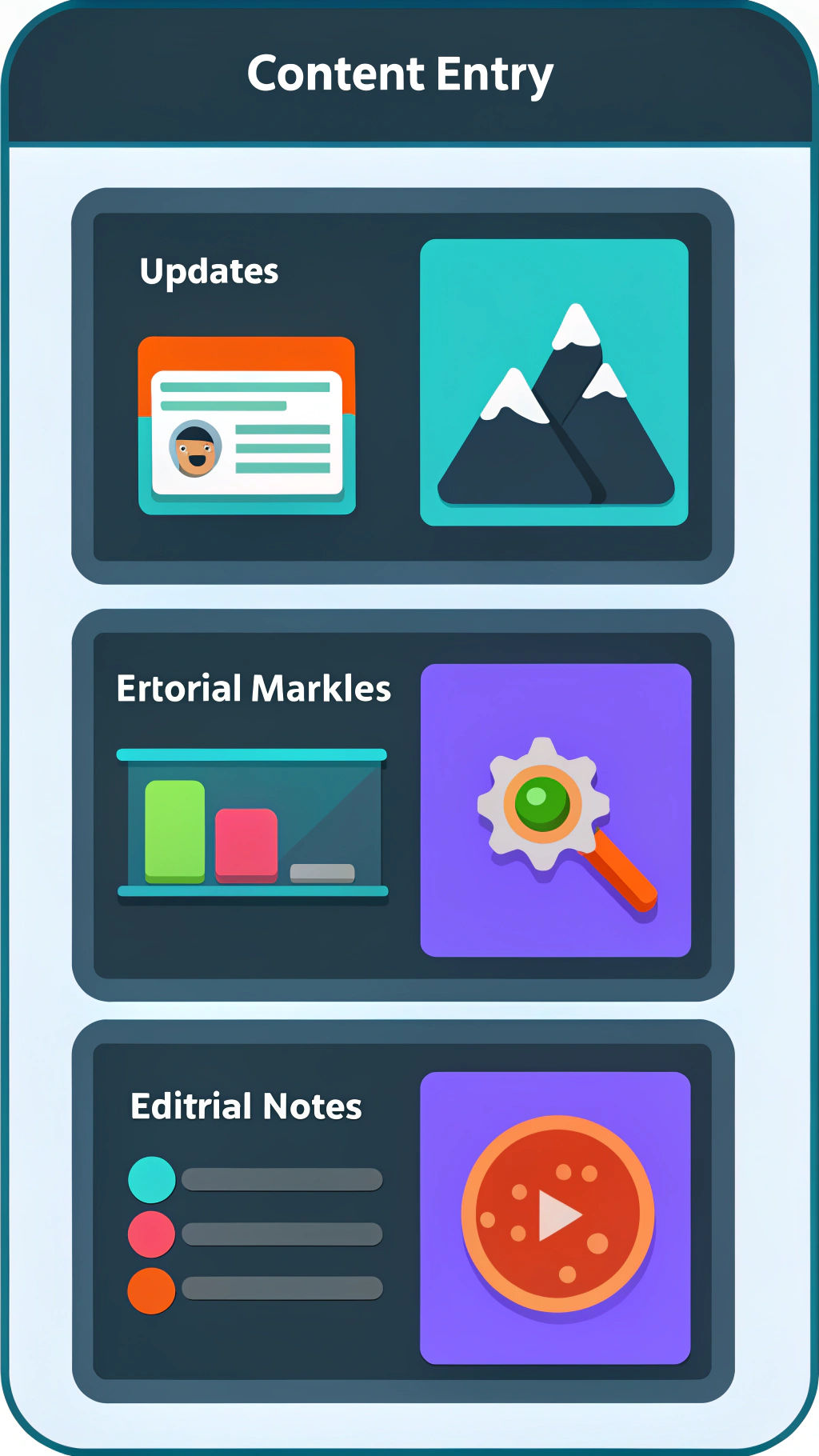
Create structured and informative changelog entries for code changes

Make Git and GitHub work better for your team by leveraging LLM Code Assistants.

Create functions to fix known YAML errors in content files

Takes one to know one. Ask the AI Code Assistant to improve your prompt before you ask it to execute it.

Speed up time to solution by asking an AI Code Assistant to draw from old code.
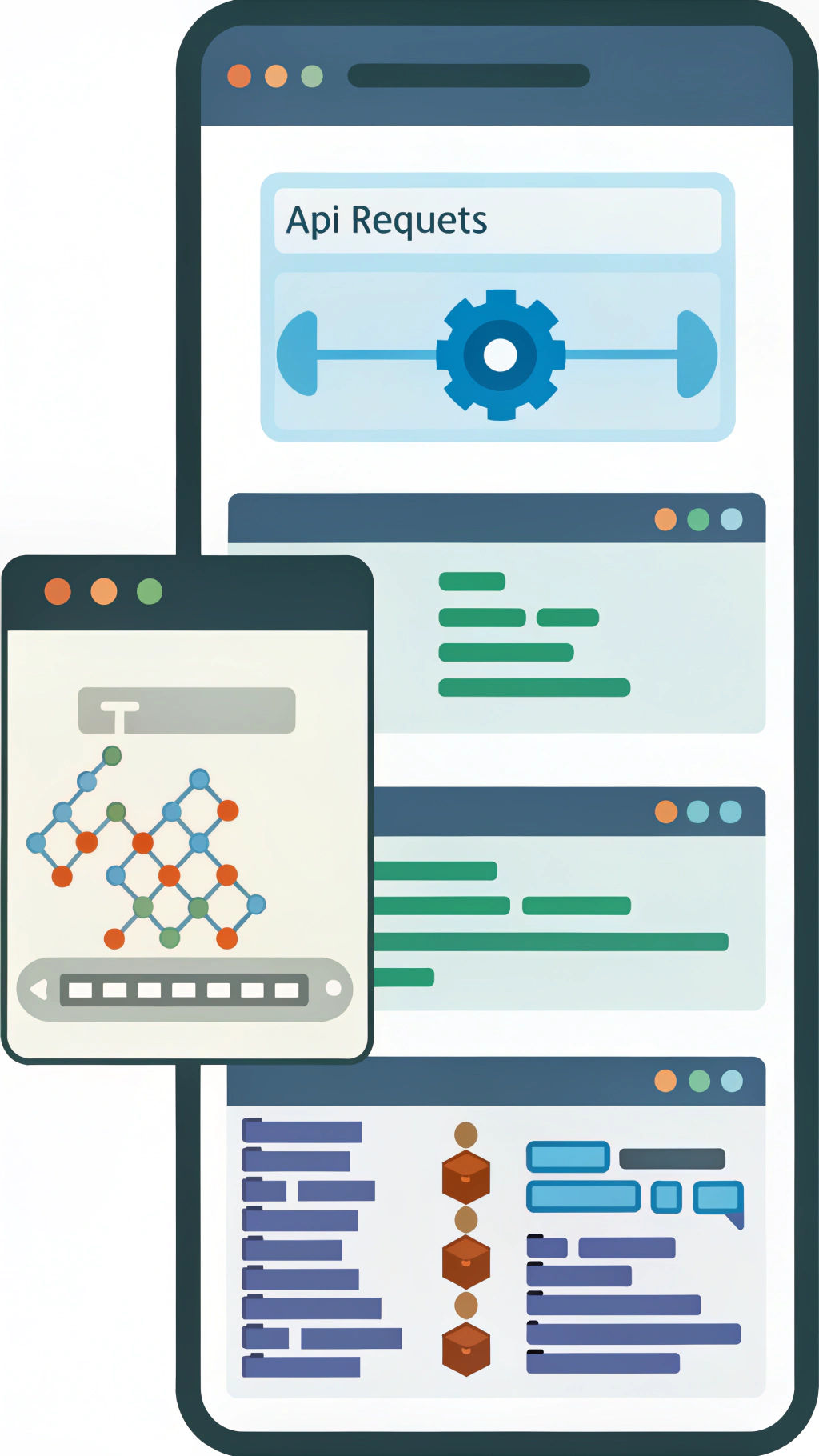
Guidelines for making API calls to LLM services like Claude, GPT-4, and Groq

Generate a custom style object for image requests using a Generative AI model. This prompt is for scripting and API integration workflows.
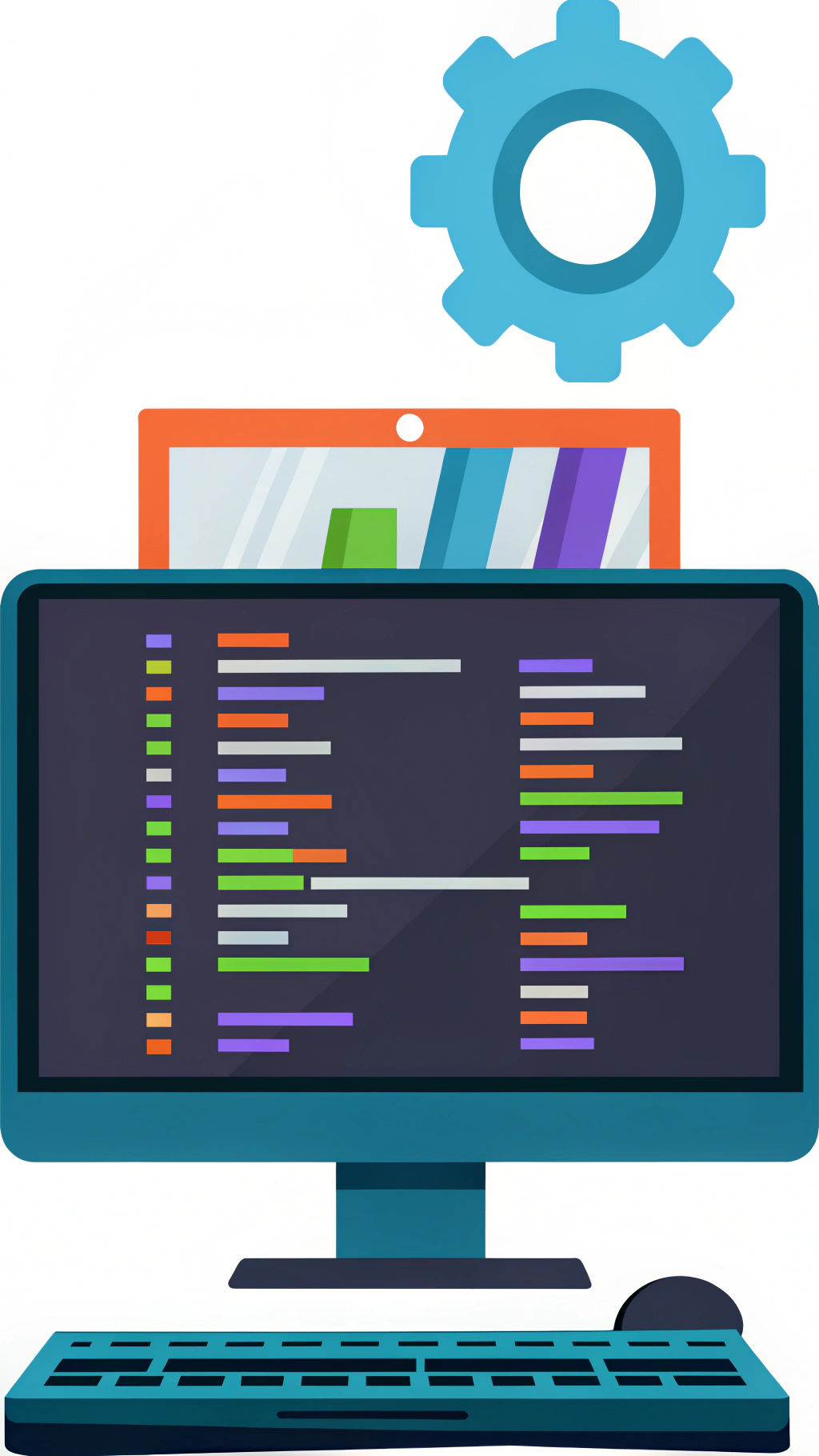
Use a local LLM to generate content and metadata for Markdown files in a content directory. This prompt is for scripting and content automation workflows.
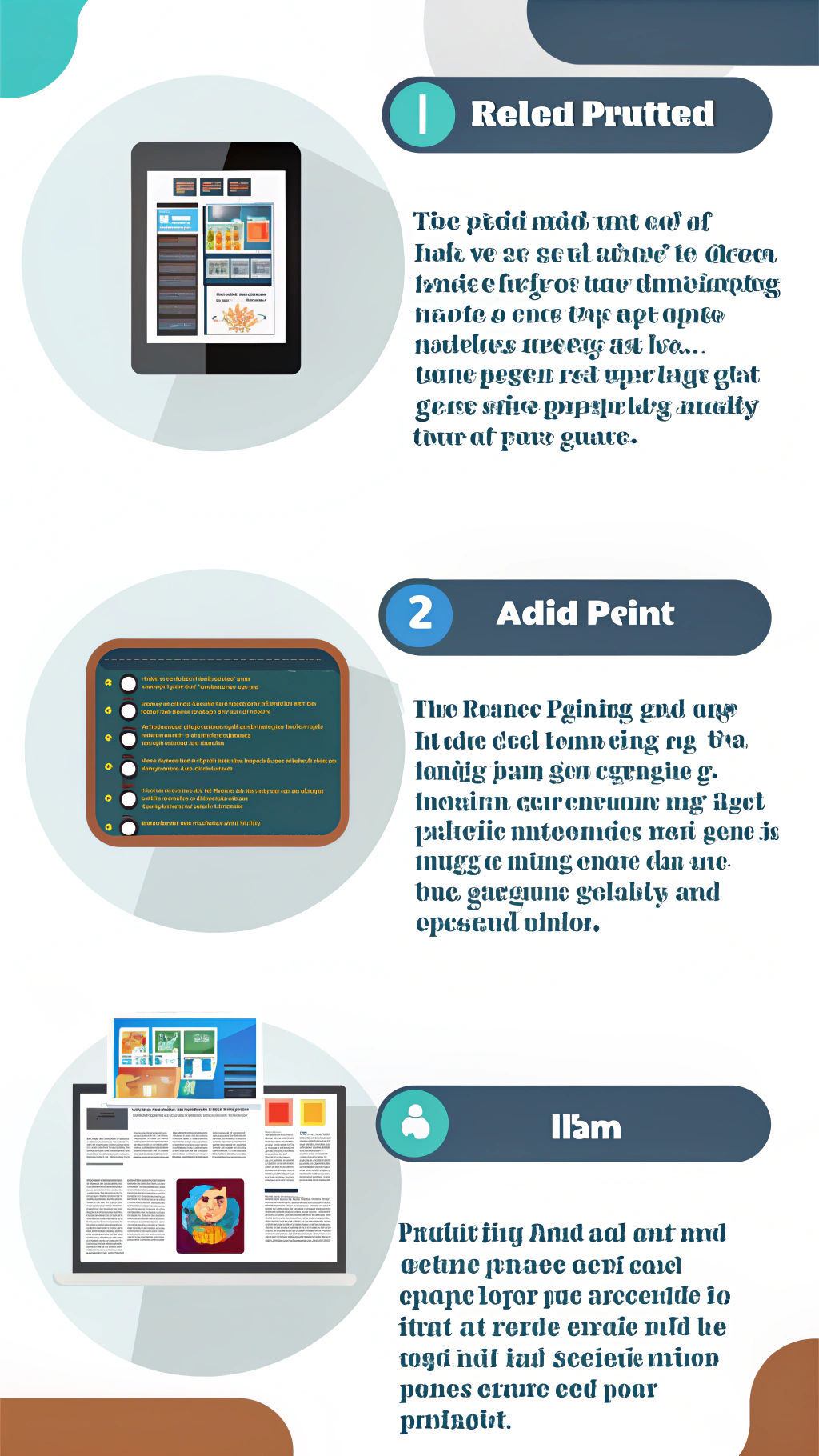
Design a flexible, reusable magazine-style layout for displaying content threads (e.g., blog posts, articles) in Astro using modular components and a clear render pipeline.

Ready to automate? Learn how to launch the Observer system for seamless citation and frontmatter processing across your content library.
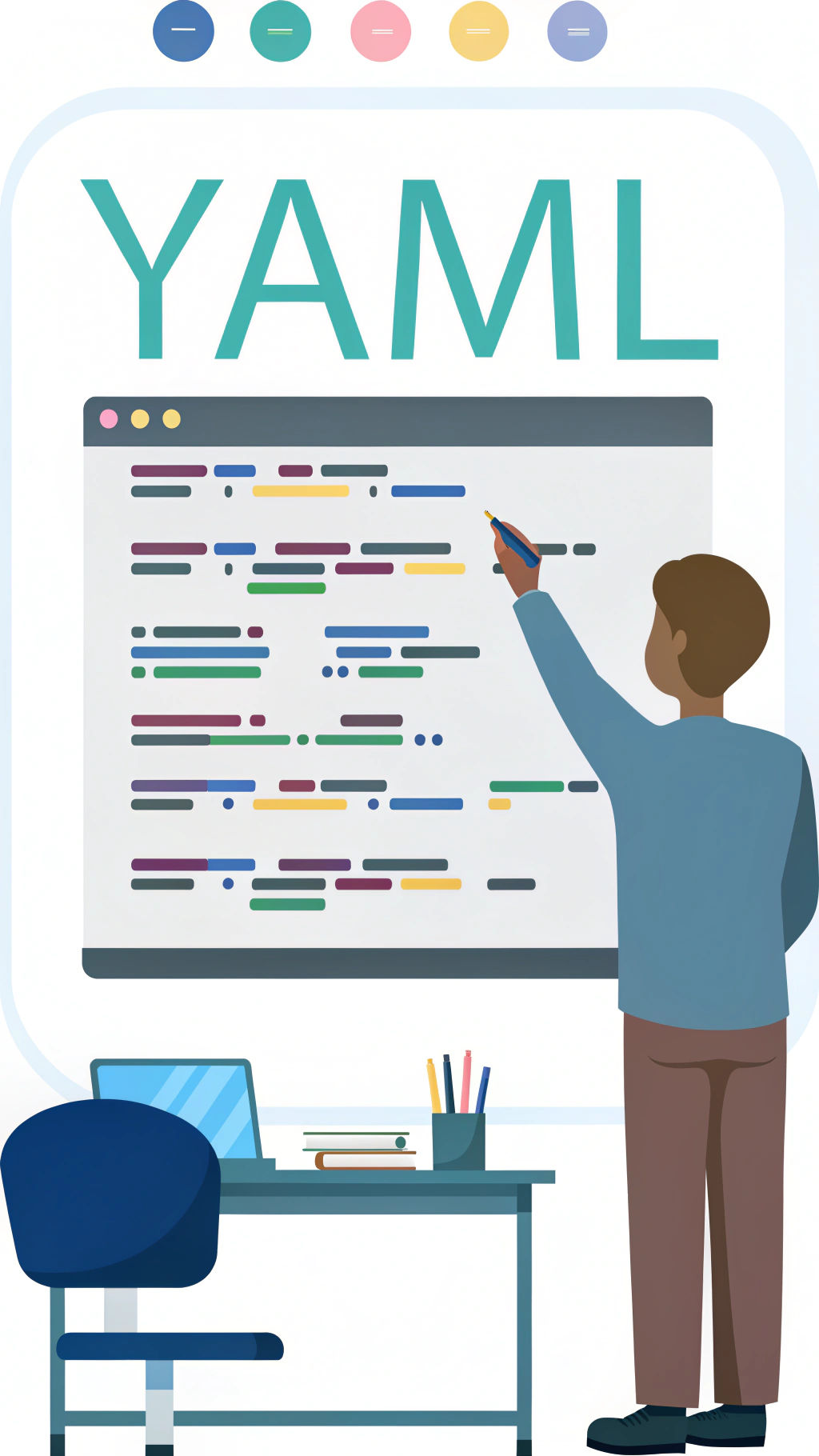
Automated tool for identifying and repairing corrupted YAML frontmatter across the content library

Build a maintainable component pipeline for rendering simple messages dynamically generated from JSON data.

Build a maintainable component pipeline for rendering simple questions and answers dynamically generated from JSON data.

Write or run a script that iterates through content libraries and reports on YAML idiosyncracies.
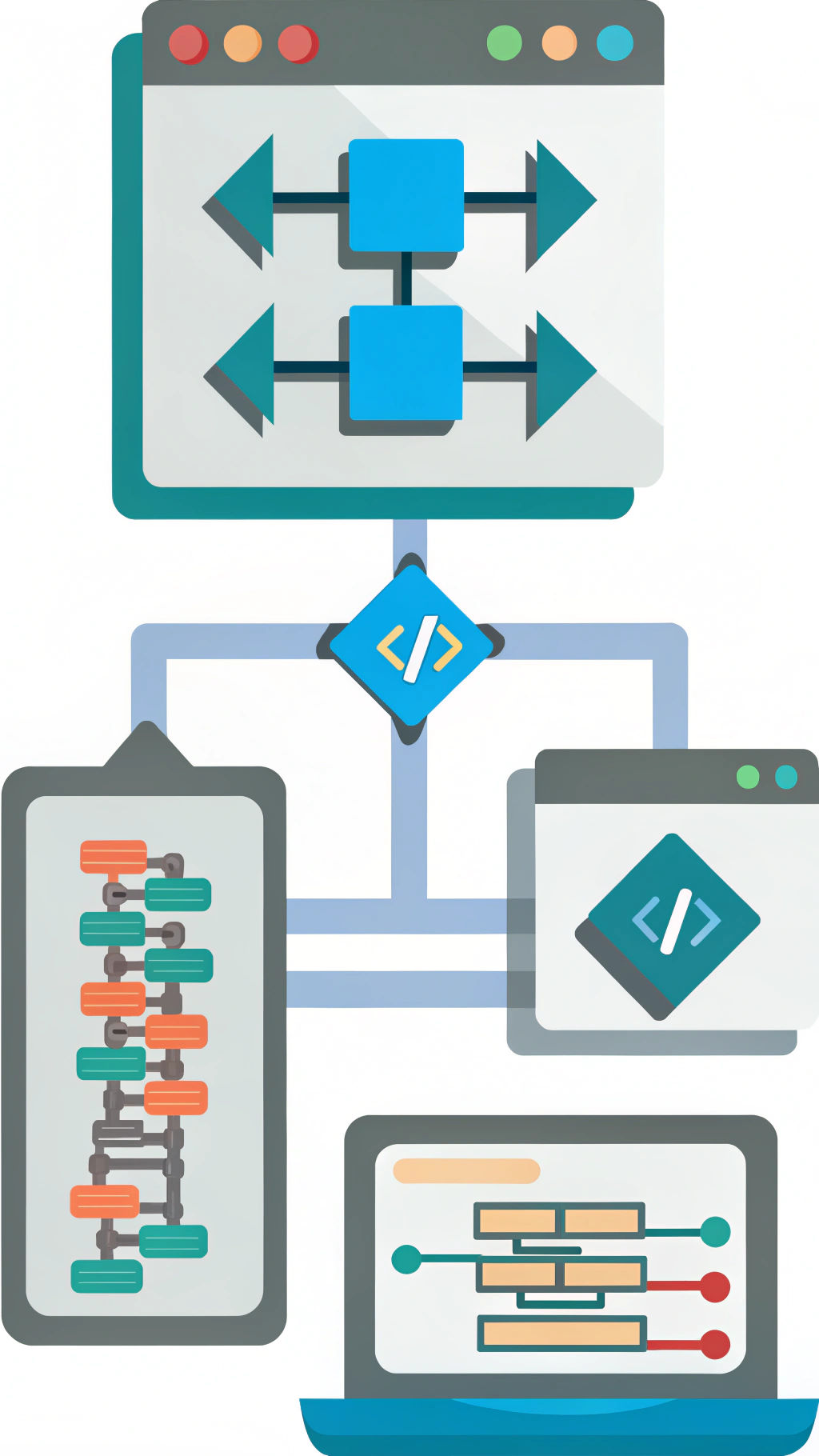
Implement conditional rendering based on content status and user roles